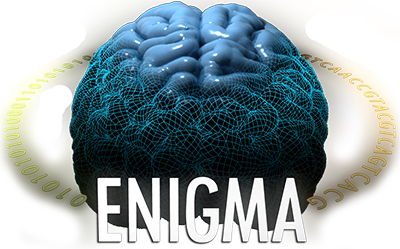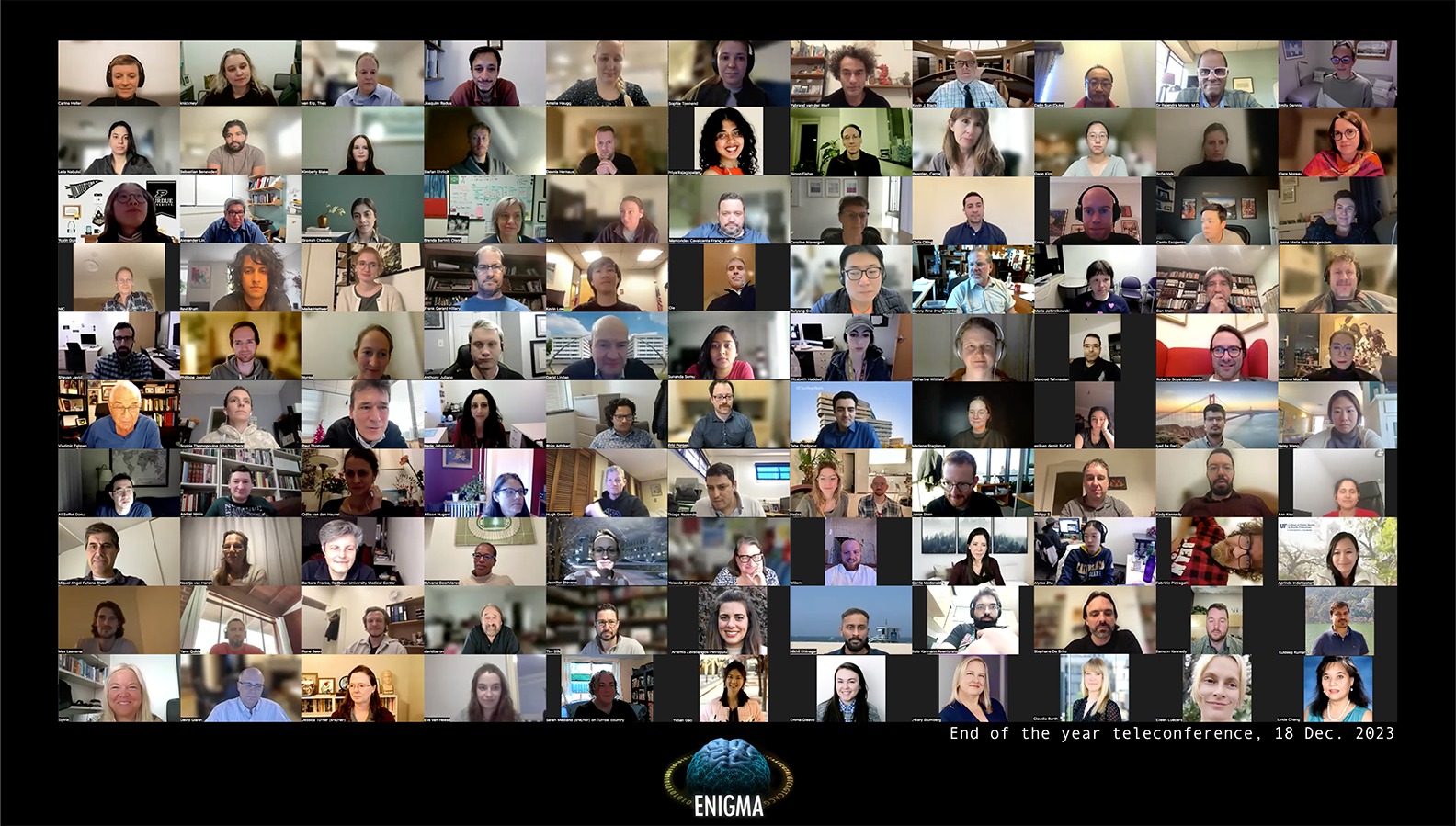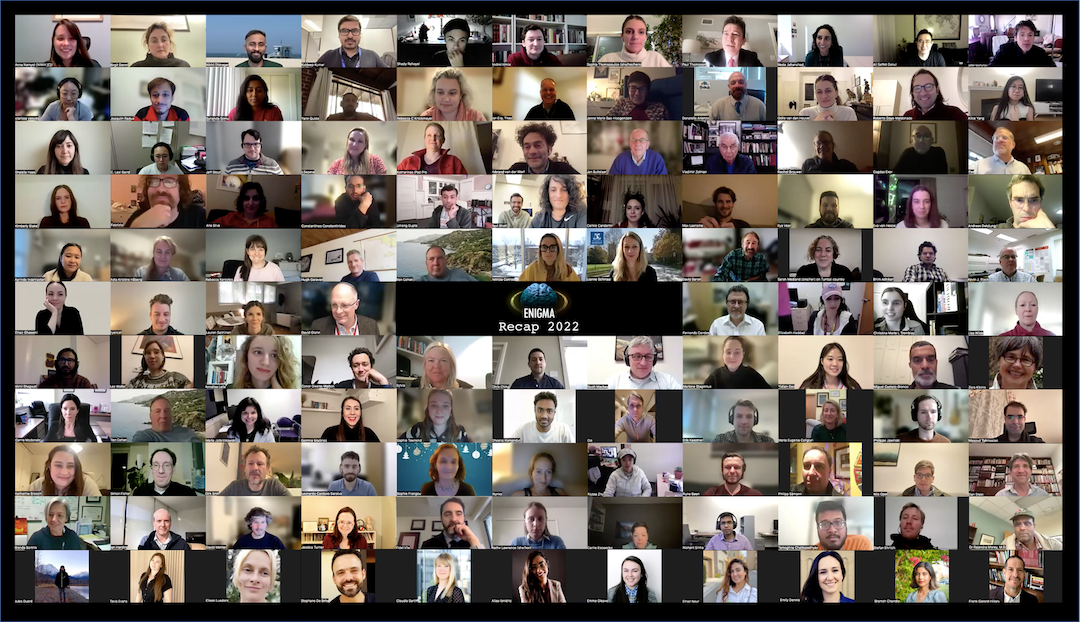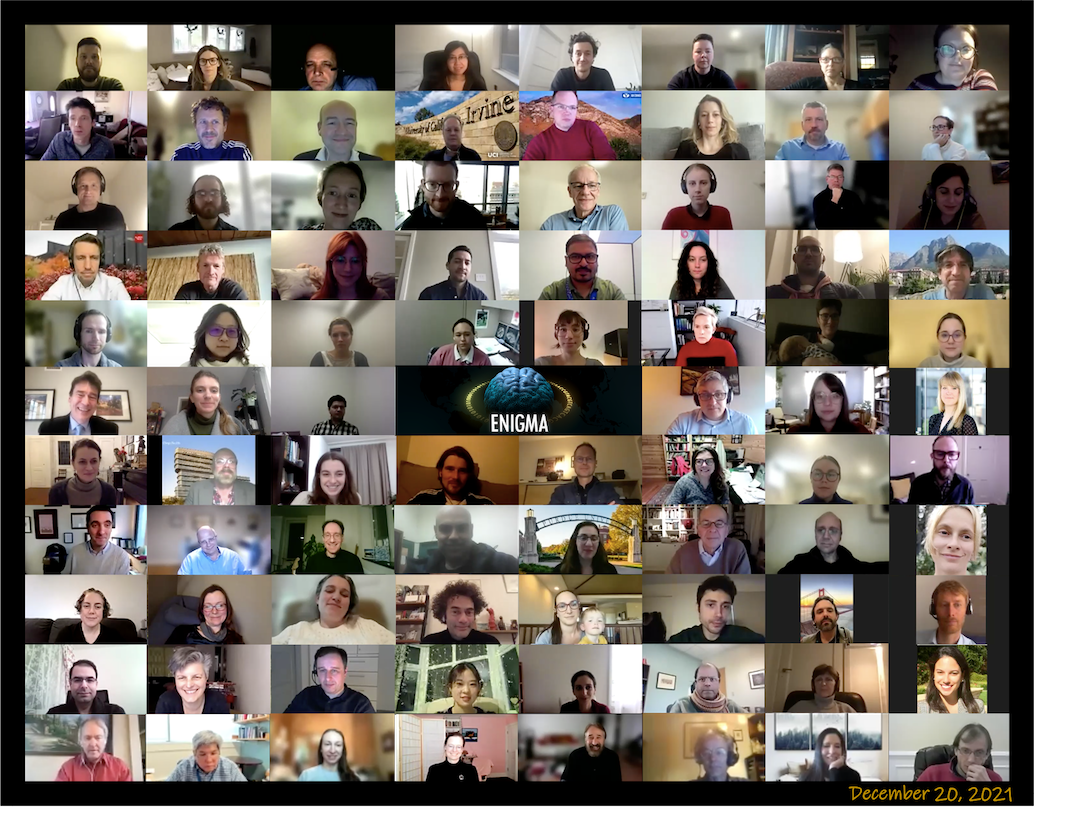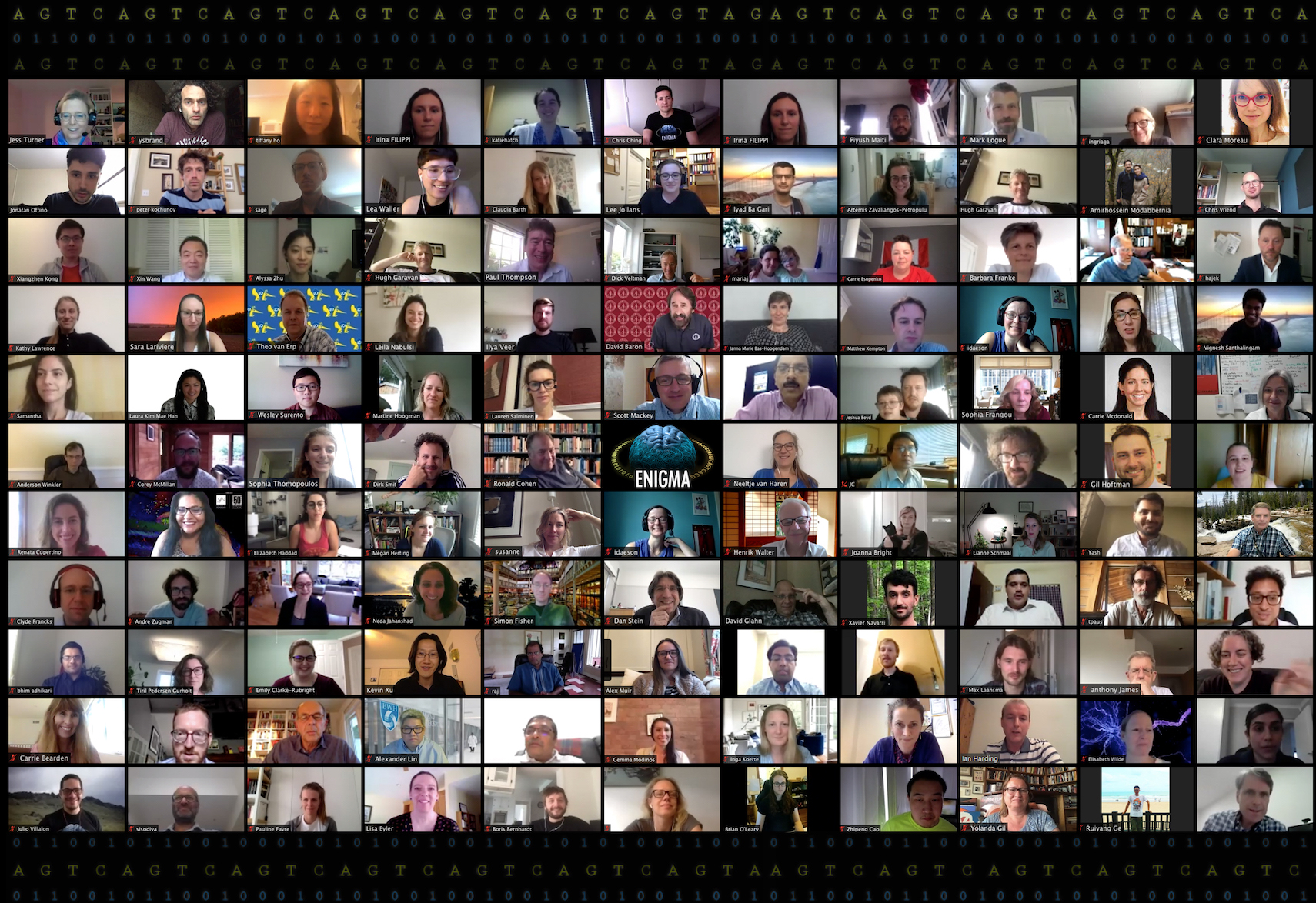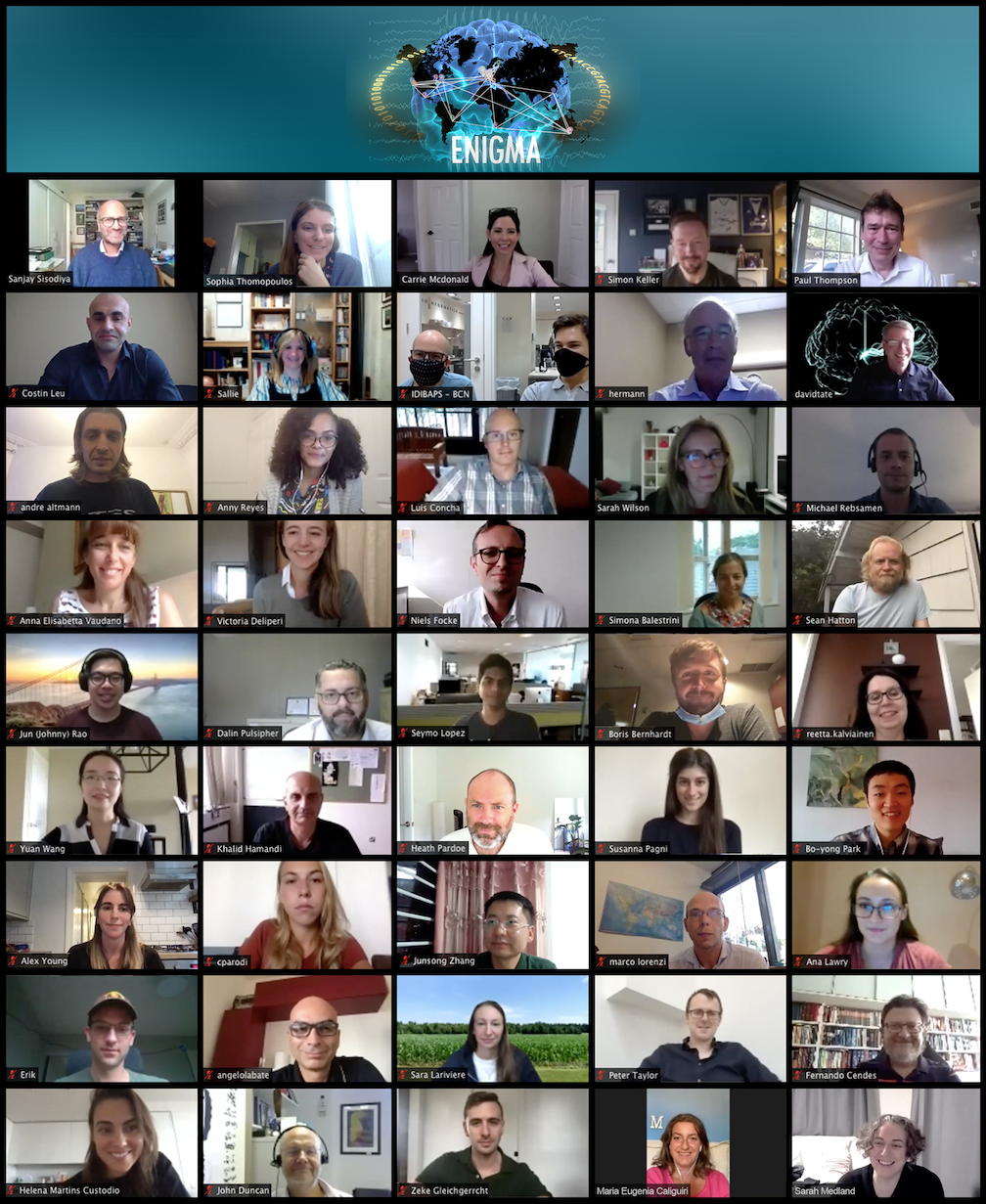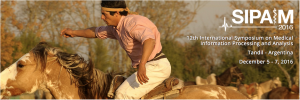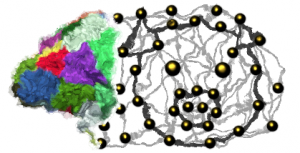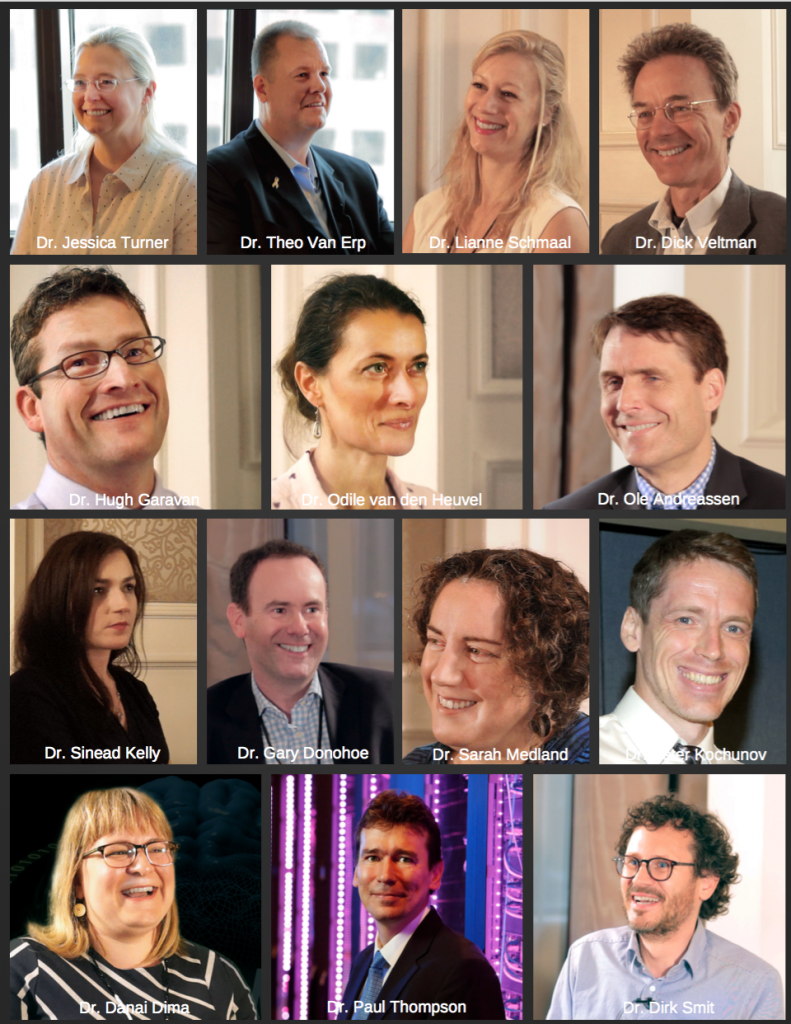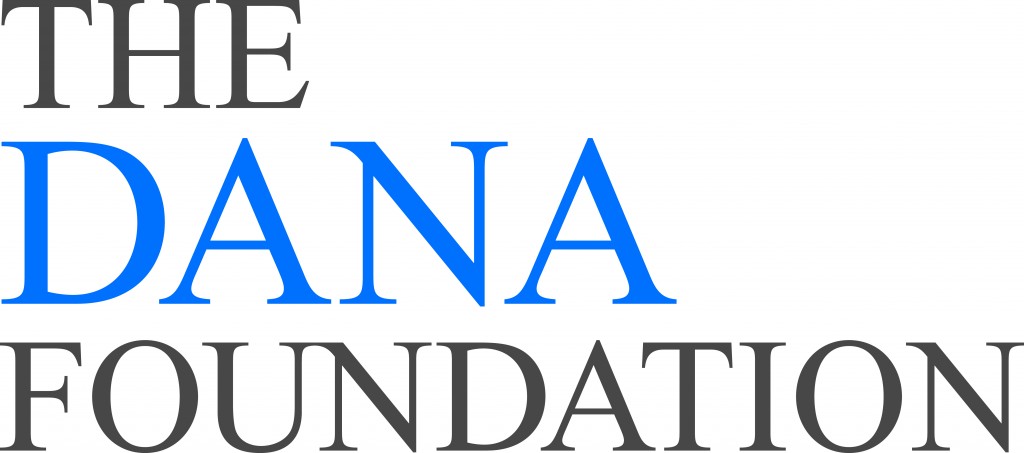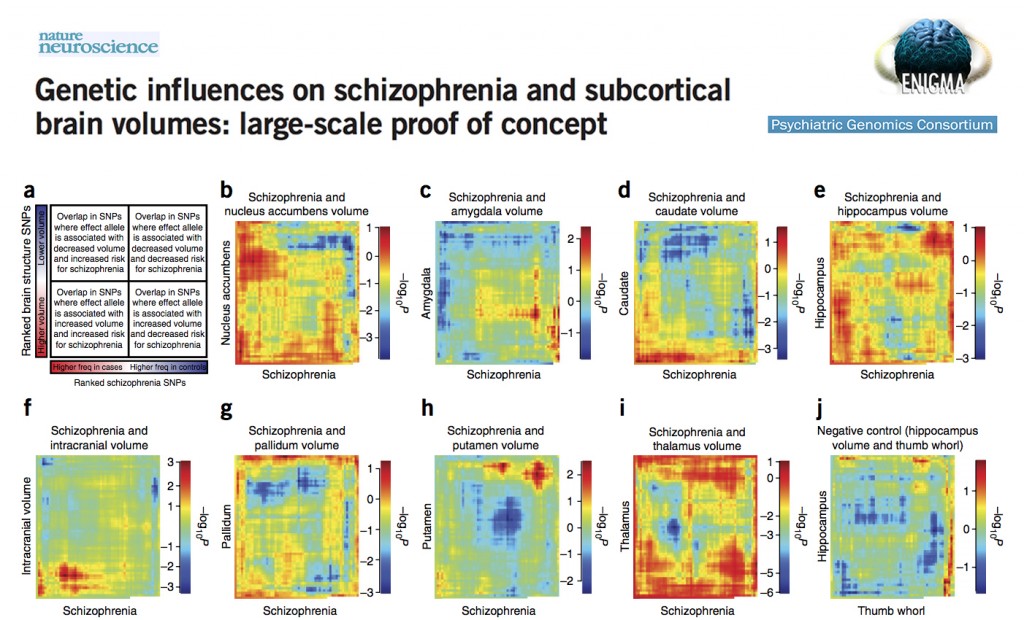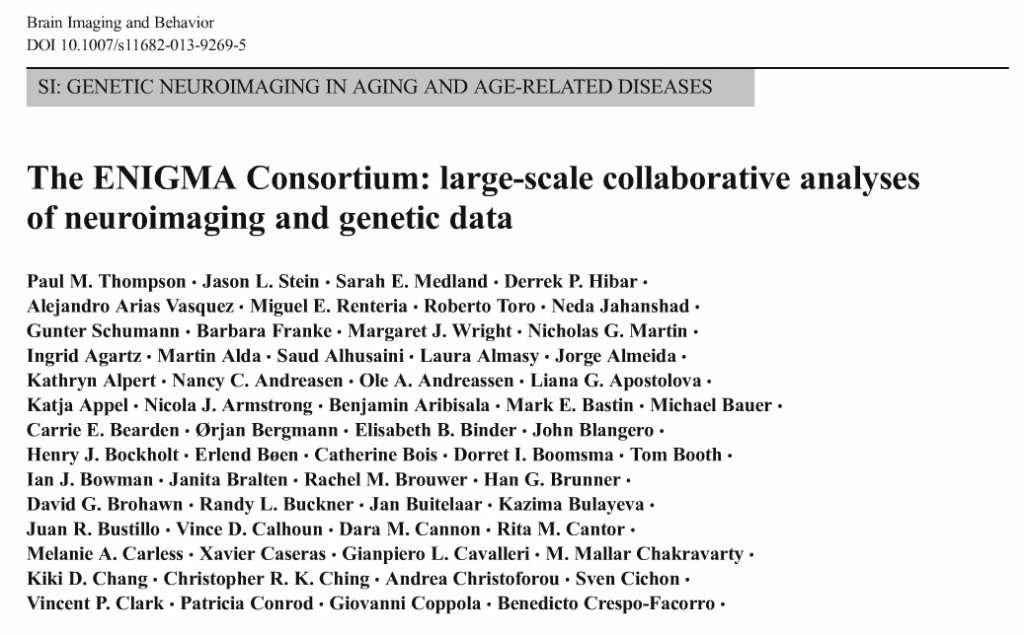December 2025
December 15, 2025ENIGMA Consortium end of the year teleconference
ENIGMA Chairs and Members met for our annual end of the year teleconference, where the Consortium's work and efforts of the year were summarized. Many thanks to all ENIGMA members for all you continuing collaborations!
Sex Differences in Addiction: An International Consensus Workshop
Virtually | 27 September, 2024
We are excited to announce the Sex Differences in Addiction: An International Consensus Workshop.
Organised in conjunction with the Neuroscience of Addiction and Mental Health Program at ACU’s Healthy Brain and Mind Research Centre, experts from the National Institute on Drug Abuse, and the ENIGMA Consortium.
Join us as we map key results and challenges in the study of sex differences in addiction and form an expert consensus framework to study sex differences in addiction and move the field forward!
When: Friday, 27 September, 2024 (13:00 – 16:30 PDT, alt timezones)
Where: Online via Zoom
What: The workshop will feature presentations from international experts from NIDA, ENIGMA and other organisations addressing:
- Neurobiology, cognition & genetics
- Females across the lifespan
- Strategies for recruitment and stigma
- Implications for public health
Concluding with an interactive panel discussion between workshop attendees and presenters to form a consensus framework on the key metrics required to progress our understanding of sex-differences in the field of addiction.
REGISTRATION IS OPEN: https://forms.gle/8P8qAvWhdWedFkip8
See schedule below. Workshop recordings can be found here.
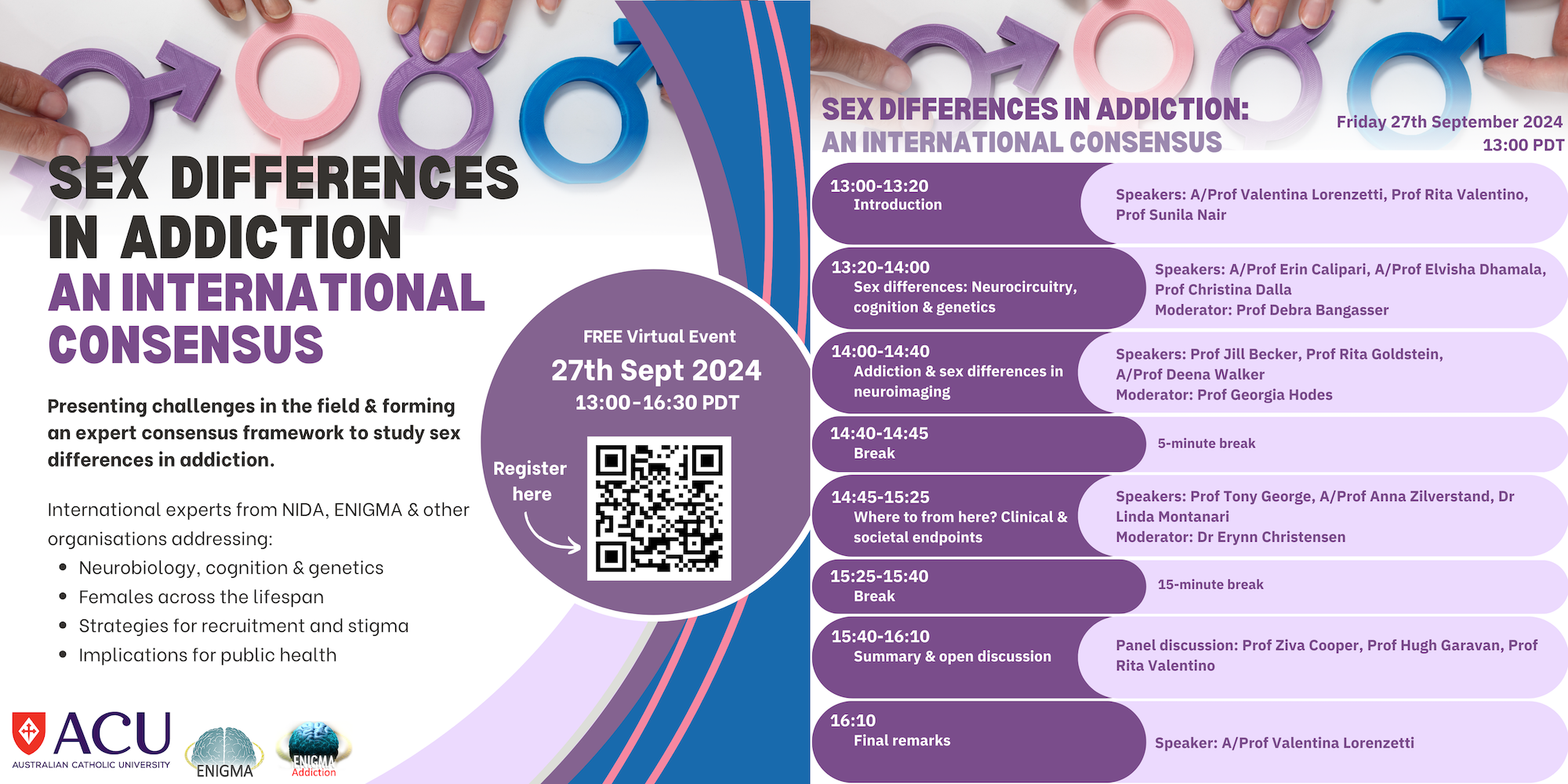
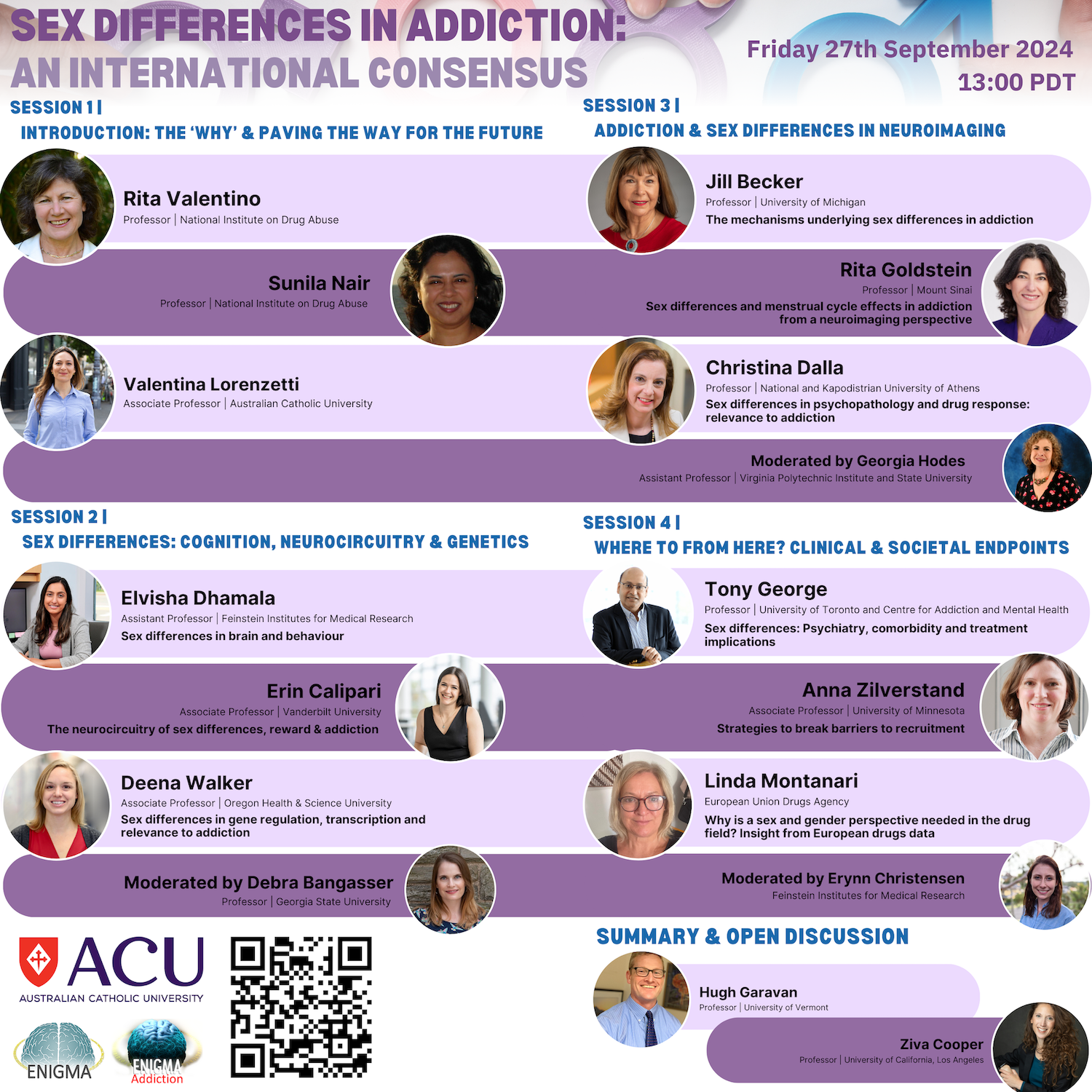
Speakers:
Opening Remarks |
|||
|---|---|---|---|
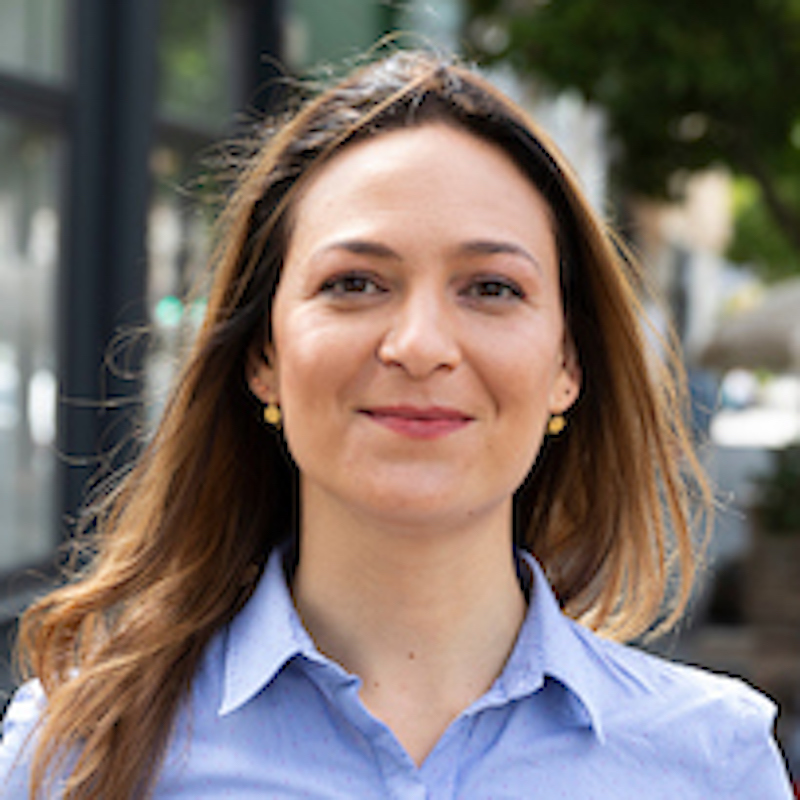 |
A/Prof Valentina Lorenzetti, Australian Catholic University. Dr Valentina Lorenzetti has achieved a Master’s in Psychology at University of Bologna (2007) and a PhD at The University of Melbourne (2012). She has undergone postdoctoral training at Monash (Australia 2012-2015), University of Rio (Brazil, 2015) & University of Liverpool (England, 2016-2017). She is now Associate Professor at the Australian Catholic University (2018-current). Valentina is founding Lead of the Neuroscience of Addiction & Mental Health Program, co-founding Deputy Director of the Healthy Brain and Mind Research Centre, and Senior Editor of the journal Addiction. Her research aims to unpack the onset, vulnerability to, and recovery from brain and mental health harms in substance use and related problems; including to study sex differences in alcohol and cannabis use and dependence. This is achieved by combining advanced multimodal neuroimaging tools, global multi-site cohorts (e.g., ENIGMA Addiction, IMAGEN); new interventions (e.g., cannabidiol, mindfulness, real-time fMRI based neurofeedback); and developing metrics of cannabis exposure, including the Standard THC Unit and the international cannabis toolkit. | ||
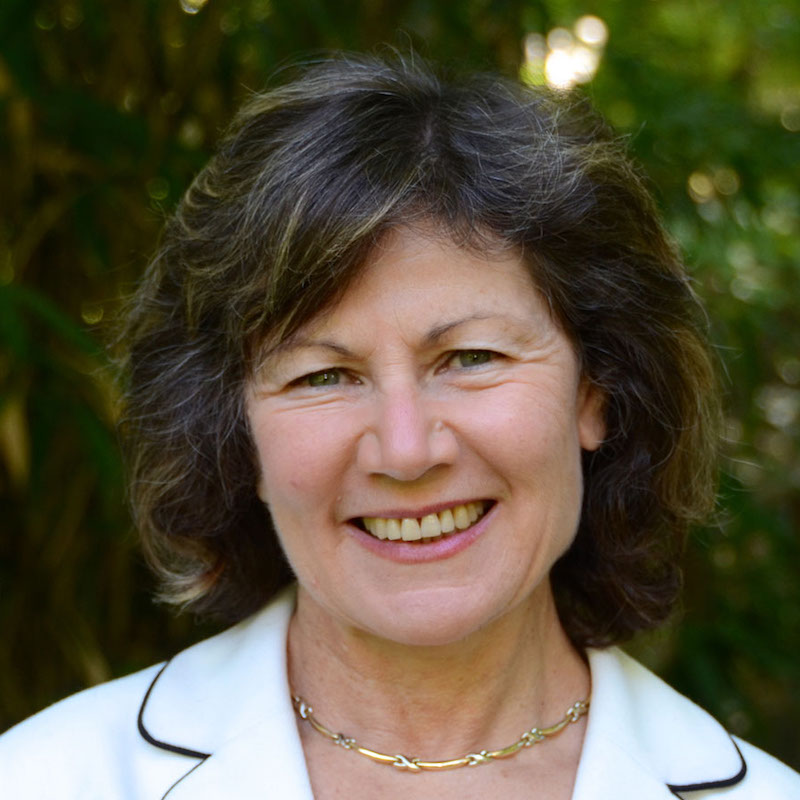 |
Prof Rita Valentino, National Institute on Drug Abuse. Rita J. Valentino, Ph.D. is the Director of the Division of Neuroscience and Behavior at the National Institute on Drug Abuse. She received a BS degree from the University of Rhode Island School of Pharmacy and a Ph.D. in Pharmacology from the University of Michigan. After postdoctoral fellowships at the University of North Carolina and the Salk Institute, she went on to faculty positions from 1983-2017 in the Department of Pharmacology at George Washington University, Department of Mental Health Sciences at Hahnemann University and Department of Anesthesiology and Critical Care Medicine at the Children’s Hospital of Philadelphia and University of Pennsylvania. Dr. Valentino’s research has focused on the neurobiology of stress. Her laboratory provided convergent evidence that the stress-related neuropeptide, corticotropin-releasing factor (CRF) serves as a neurotransmitter to modulate the activity of major brain biogenic amine systems that have been implicated in psychiatric disorders, thereby providing a window into how stress influences vulnerability to these diseases. Her laboratory was the first to demonstrate that receptors could signal and be trafficked in a sex-biased manner. These sex differences provide a molecular mechanism for increased vulnerability of females to stress-related neuropsychiatric disorders. Dr. Valentino has been the recipient of several awards including a 2021 NIH Director’s Award for scientific leadership and vision. She was recently selected as a Fellow of the American Society of Pharmacology and Experimental Therapeutics. She is a Fellow and current Secretary of the American College of Neuropsychopharmacology, a member of the Scientific Board of the Brain Behavior Research Foundation (formerly NARSAD) and the Founding Editor-in-Chief of Neurobiology of Stress. | ||
 |
Prof Sunila Nair, National Institute on Drug Abuse. Dr. Sunila Nair is a Program Officer in the Division of Neuroscience and Behavior and Co-chair of the Women and Sex/Gender Differences Workgroup at the National Institute on Drug Abuse at the NIH. Her programmatic portfolio is targeted at understanding how the functional activity of cells and circuits in the brain is controlled and altered in response to addictive drugs and sex differences in substance use disorders. | ||
Sex differences: Cognition, neurocircuitry & genetics |
|||
|---|---|---|---|
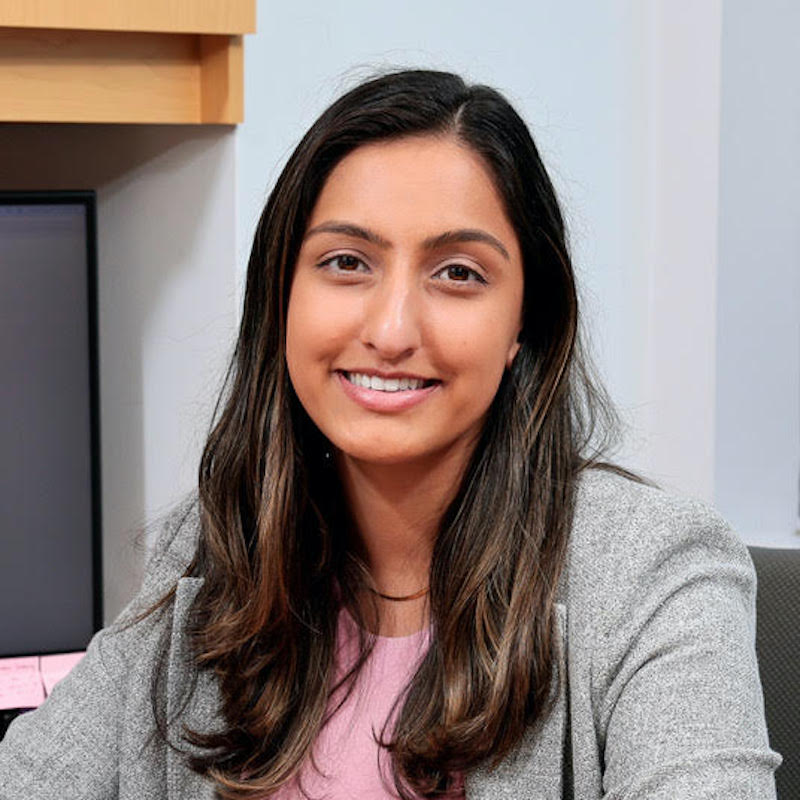 |
A/Prof Elvisha Dhamala, Feinstein Institutes for Medical Research. Elvisha Dhamala, PhD is an Assistant Professor at the Feinstein Institutes for Medical Research and the Zucker Hillside Hospital and the PI of the Brain-Based Predictive Modeling Laboratory. She earned her BSc in Neuroscience from McGill University, and her PhD in Neuroscience from Weill Cornell Medicine in the CoCo (Computational Connectomics) Lab. She completed her postdoctoral training as the inaugural Kavli Institute for Neuroscience Postdoctoral Fellow for Academic Diversity in the Holmes Lab at Yale University. Her research program is focused on characterizing the influences of sex and gender on the neurobiological underpinnings of human behaviour across healthy and clinical populations. She is especially interested in understanding how different aspects of brain, behaviour, and brain-behaviour relationships vary across sexes and genders, and whether those differences underlie the unique presentations of psychiatric illnesses. | ||
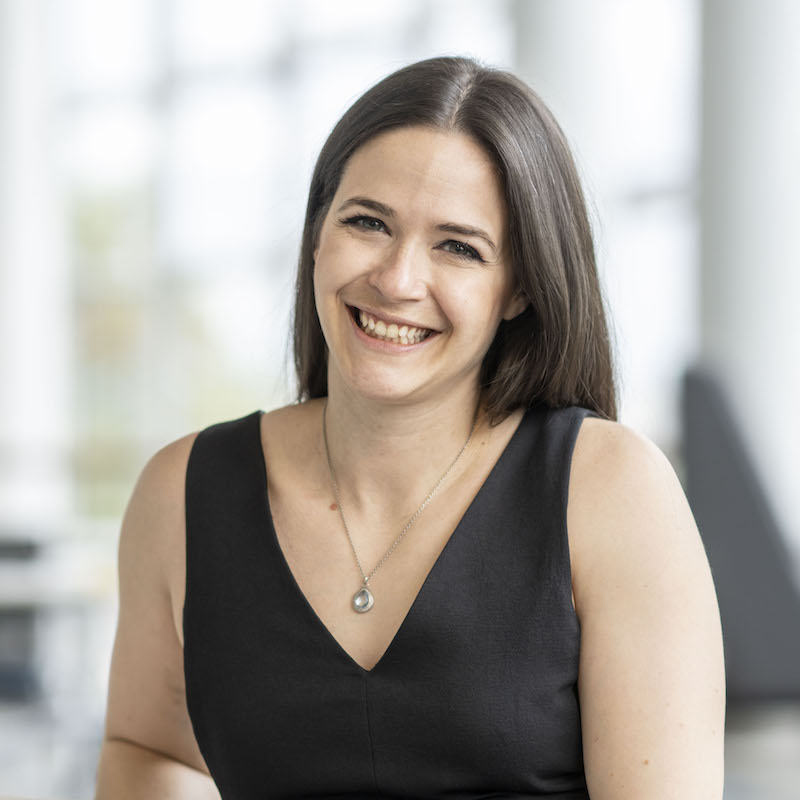 |
A/Prof Erin Calipari, Vanderbilt University. Dr. Calipari is the Director of the Vanderbilt Center for Addiction Research and an Associate Professor in the Department of Pharmacology at Vanderbilt University. Her work focuses on understanding how sex differences in brain function make women particularly vulnerable to substance use disorder. Over her career she has published over 95 peer-reviewed research articles and reviews on these topics. She is also an active member of the research community serving on executive committees and boards for several societies and as associate editor for multiple journals. Dr. Calipari’s work is funded by multiple grants from the national institute on drug abuse (NIDA) and the national institute on alcohol abuse and alcoholism (NIAAA), as well as from several foundations. Dr. Calipari is also an advocate for underrepresented groups in science and serves on a number of committees and participates in groups that are focused on fighting bias in the scientific community and providing support for marginalized individuals to advance in scientific careers. | ||
 |
A/ Prof Deena Walker, Oregon Health and Science University. Deena Walker is an assistant professor in the Department of behavioral Neuroscience at Oregon Health & Science University. She is passionate about understanding how hormones influence the brain and behavior and is dedicated to using her diverse training background to identify precision-based treatments for neuropsychiatric disorders, particularly in women. Currently, her lab is focused on how hormones influence sex-specific vulnerability in substance/alcohol use disorder. She recently moved to Portland in 2020 after doing her postdoctoral fellowship at Icahn School of Medicine at Mt. Sinai where she studied the molecular mechanisms of sex differences in addiction. As a PhD student at The University of Texas at Austin, she studied how the brain controls ovulation and menopause with a specific focus on hormonal regulation of gene expression. In recognition of her innovative and impactful science, she has been awarded several early career awards, including the prestigious Frank A. Beach Early Career Investigator Award from the Society for Behavioral Neuroendocrinology in 2023. In addition to her laboratory work, Dr. Walker is active in science outreach and storytelling. Her stories about the impact of her own life experiences on her science have been featured on the podcast StoryCollider. | ||
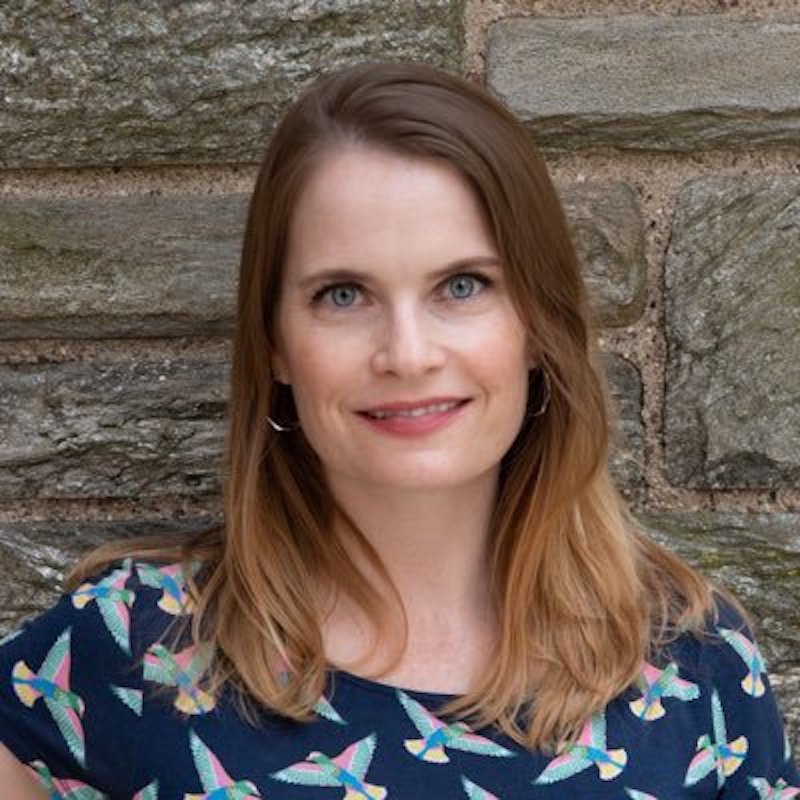 |
Prof Debra Bangasser, Georgia State University. Dr. Debra Bangasser is a Professor of Neuroscience, Georgia Research Alliance Distinguished Investigator, and Director of the Center for Behavioral Neuroscience at Georgia State University. She also is the principal investigator of the Neuroendocrinology and Behavior Laboratory. Her research program investigates sex differences in stress responses and their contribution to disease vulnerability and resilience. Using techniques from behavioral neuroscience, molecular neuroscience, and neuroendocrinology, her laboratory has identified sex differences in sensitivity to corticotropin releasing factor that bias females towards hyperarousal and males towards cognitive impairments. She also investigates how early life experience can promote sex-specific resilience to alterations in cognition and motivation. Dr. Bangasser’s research program received the Janett Rosenberg Trubatch Career Development Award from the Society for Neuroscience, which recognizes originality and creativity in research, and an American Psychological Association Presidential Citation. | ||
Addiction & sex differences in neuroimaging |
|||
|---|---|---|---|
 |
Prof Jill B. Becker, University of Michigan. Dr. Becker received her Ph.D. in Neuroscience from the Univ. of Illinois, Urbana- Champaign. She is the Patricia Y. Gurin Collegiate Professor of Psychology, Research Professor in the Molecular and Behavioral Neuroscience Institute, and Senior Neuroscience Scholar, University of Michigan, Ann Arbor. Dr. Becker is the author of over 150 articles or chapters and has had numerous grants from the National Institutes of Health and the National Science Foundation. Dr. Becker’s research of the last 30 years has been investigating how gender/sex and ovarian hormones influence brain and behavior. These findings are important for our understanding of the underlying neural processes involved in sex differences in drug abuse and other neurological disorders. | ||
 |
Prof Rita Z. Goldstein, Mount Sinai. Rita Z. Goldstein, PhD, is the Mount Sinai Professor in Neuroimaging of Addiction in the departments of Psychiatry and Neuroscience at the Icahn School of Medicine at Mount Sinai. Dr. Goldstein is Chief of the Neuropsychoimaging of Addiction and Related Conditions research group. Nationally and internationally known for her neuroimaging and neuropsychological studies in drug addiction, Dr. Goldstein formulated a theoretical model known as Impaired Response Inhibition and Salience Attribution (iRISA). Multiple neuroimaging modalities—including MRI, EEG/ERP, PET—and neuropsychological tests are used to explore the neurobiological underpinnings of iRISA in drug addiction and related conditions. This model has drawn considerable scientific attention (exceeding a total of 6,700 citations for reviews published in the Am J Psychiatry in 2002, Nature Reviews Neuroscience in 2011, and Neuron in 2018). An important application of Dr. Goldstein’s research is to facilitate the development of intervention modalities that would improve cognitive and emotional function, leading to better treatment outcomes, in drug addiction and other chronically relapsing disorders of self-regulation. Dr. Goldstein has authored or co-authored more than 150 highly-cited, peer-reviewed manuscripts and computer science proceedings focusing on the role of the prefrontal cortex in drug addiction. Her research has been independently funded by several federal and private agencies, with total funding of more than $25 million (as a principal or multiple investigator or program director). She became a fellow of the American College of Neuropsychopharmacology in 2015, now serving on its scientific council, receiving the prestigious Joel Elkes Research Award in 2012 and the Jacob P. Waletzky Award in 2013. Mentoring is a high priority for Dr. Goldstein. She has mentored numerous trainees, spanning from postdoctoral fellows to graduate, undergraduate, and high school students. Her trainees have published many first authorship manuscripts in top psychiatry and neuroscience journals, have become principal investigators on their own NIH-funded grants, and many of them are now leading independent research labs at prestigious institutions. Dr. Goldstein earned an undergraduate degree from Tel Aviv University in Israel. She received her PhD in Health Clinical Psychology from the University of Miami after completing a yearlong internship in clinical neuropsychology at the Long Island Jewish Medical Center. She then completed her postdoctoral training on brain imaging and alcohol abuse through a fellowship from the National Institutes of Health at Brookhaven National Laboratory, under the mentorship of Drs. Nora D. Volkow and Joanna S. Fowler. | ||
 |
Prof Christina Dalla, University of Athens. Dr. Christina Dalla is Professor of Pharmacology at the Medical School, 2nd Department of Obstetrics – Gynecology, Aretaieio Hospital of the National and Kapodistrian University of Athens, President of the Mediterranean Neuroscience Society and President of the Hellenic Brain Council. She is also member of the board of directors of the Greek Association of Academic Women (ELGYP) and the European Brain Foundation in Brussels. Dr. Dalla serves as a member of the Gender Equality Committee of her University since 2021 and she is chair of the Gender Equality Committee of the Medical School. She is co-chair of the event’s working group at ALBA Network: towards diversity and equity in brain sciences, chair of the Communication Committee of the Federation of European neuroscience Societies/FENS, section-editor at European Journal of Neuroscience and member of the Educational and Scientific Committees of the European College of Neuropsychopharmacology-ECNP. She also serves at committees at the National Medicines Association of Greece (EOF) and the Ministry of Health. Her work focuses on sex differences in neuropsychiatric disorders and novel treatments with a focus on depression and anxiety. Dr. Dalla received her first diploma from the Pharmacy School of the National and Kapodistrian University of Athens in 2000 and continued her studies in Neuropsychopharmacology, Behavioral Neuroendocrinology and Neurosciences in Athens, at the University of Liege in Belgium and at the Rutgers University of New Jersey, U.S.A. with two European Union Marie Curie Fellowships. She has received numerous awards and distinctions, such as the “L’Oreal-Unesco” for Greek Women in Science and the ECNP fellowship award. Dr. Dalla has more than 100 scientific papers and invited chapters, over 5700 citations and more than 130 abstracts and talks at international and national conferences. Finally, she is actively participating in public activities for brain awareness and women’s medicine, such as publishing of books for the public. | ||
 |
A/ Prof Georgia E. Hodes, Virginia Polytechnic Institute and State University. Dr. Hodes’ work in mice and human subjects identifies the underlying biology that contributes to vulnerability and resilience to stress and mood disorders respectively. She is interested in understanding how the sex of an individual contributes to their susceptibility to stress and depression. Her goal is to develop novel personalized treatments and bioassays for mental illness so these disorders can be medically diagnosed and treated effectively. Dr. Hodes received her Ph.D. from the Behavioral and Systems Neuroscience division of the Psychology program in 2007. At Rutgers University her research explored sex differences in the effects of stress on learning and brain plasticity across the lifespan. In 2007 she began postdoctoral training in Pharmacology with Dr. Irwin Lucki at the University of Pennsylvania examining the contribution of growth factors and adult neurogenesis to genetic and sex differences in vulnerability to stress. In 2010, she joined the laboratory of Dr. Scott Russo as a post-doctoral fellow for training in molecular neuroscience. Her work at Mt. Sinai focused on neuro-immunological and epigenetic mechanisms contributing to individual differences in stress susceptibility. In 2013 she received a postdoctoral NARSAD young investigator award to examine the role of the cytokine Interleukin-6 in stress susceptibility. In 2015 she was promoted to Assistant Professor at Mt. Sinai. In 2016 she left Mt. Sinai to join the newly formed school of neuroscience at Virginia tech as an Assistant professor where she received a second NARSAD young investigator award to examine sex differences in the effects of stress on the peripheral immune system. She is an author on over 50 scientific papers and has contributed to 3 different textbooks. She currently runs her own research laboratory at Virginia Tech examining how sex differences in the immune system interact with the brain to drive behavioral differences in susceptibility and resiliency to stress. | ||
Where to from here? Clinical & societal endpoints |
|||
|---|---|---|---|
 |
Prof Tony George, University of Toronto & Centre for Addiction and Mental Health. Dr. George is Professor of Psychiatry and in the Institute of Medical Sciences in the Temerty Faculty of Medicine at the University of Toronto (UofT), and Senior Scientist at the Centre for Addiction and Mental Health (CAMH) in Toronto, Canada. He received his B.Sc. (1988) and M.D. (1992) degrees from Dalhousie University in Halifax, Nova Scotia, Canada, and then did his psychiatry residency (1992-96) and a fellowship in translational neuroscience (1996-98) at Yale University. He joined the Yale Psychiatry faculty in 1998, and was promoted to Associate Professor in 2004. In 2006, he moved to UofT and CAMH as the Chair in Addiction Psychiatry, which he held until 2012. He has held a number of leadership positions, including as Chief of Schizophrenia (2008-16) and Addictions (2016-19) Divisions and Medical Director of the Complex Mental lllness Program (2012-16) at CAMH, and Co-Director of the Brain and Therapeutics Division in the UofT Department of Psychiatry (2006-2018). | ||
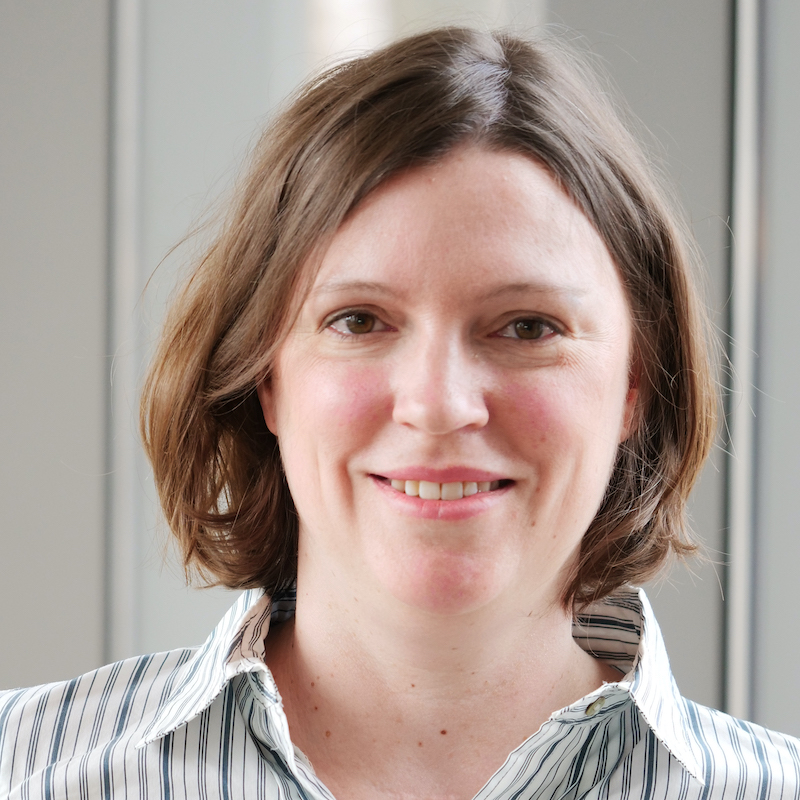 |
A/Prof Anna Zilverstand, University of Minnesota. Dr. Anna Zilverstand received a BS, MS and PhD in Psychology, Cognitive and Clinical Neuroscience from Maastricht University, followed by her postdoctoral training at Mount Sinai, New York City. She joined faculty at the Department of Psychiatry and Behavioral Sciences at the University of Minnesota in 2019, as a member of the Medical Discovery Team on Addiction. Her current work is aimed at understanding individual differences in the complex mechanisms underlying human drug addiction. To achieve this, she collects and analyzes the big data sets necessary to begin unraveling how social, psychological, clinical and neurobiological factors interact to drive addiction. The overarching goal is to inform the development of personalized early interventions and treatments for addiction medicine. | ||
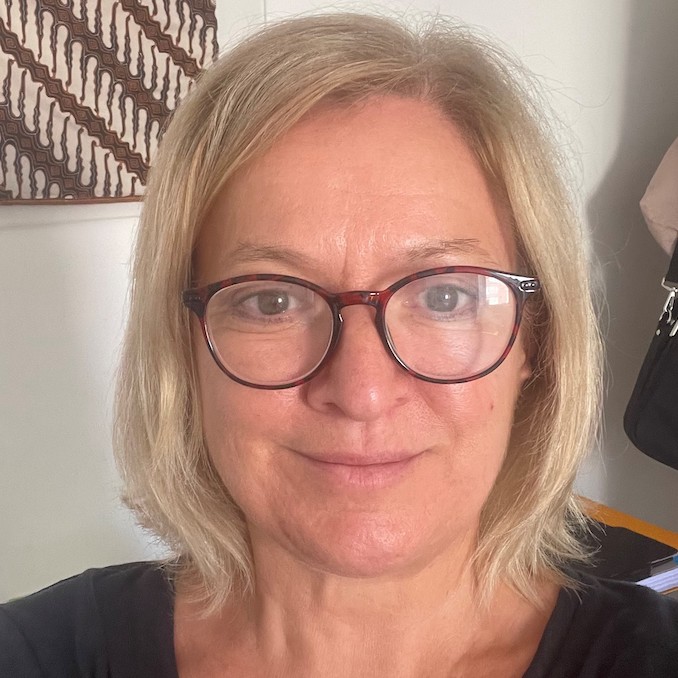 |
Dr Linda Montanari, European Union Drugs Agency. Linda Montanari is a health sociologist, working at the European Union Drugs Agency (EUDA) as a principal scientist since 2000. Within the centre, she coordinates three key areas: gender and drugs, prison and drugs and psychiatric comorbidity. In the area of gender and drugs, her work aims to systematically integrate a gender perspective in the European drug field, including monitoring and recommendations. She coordinates the European Group on Gender and Drugs (EDG) involving European and international experts. The 2nd symposium on Gender and Drugs will take place on 22 October 2024 as a side event of the LX Addiction 2024 conference. | ||
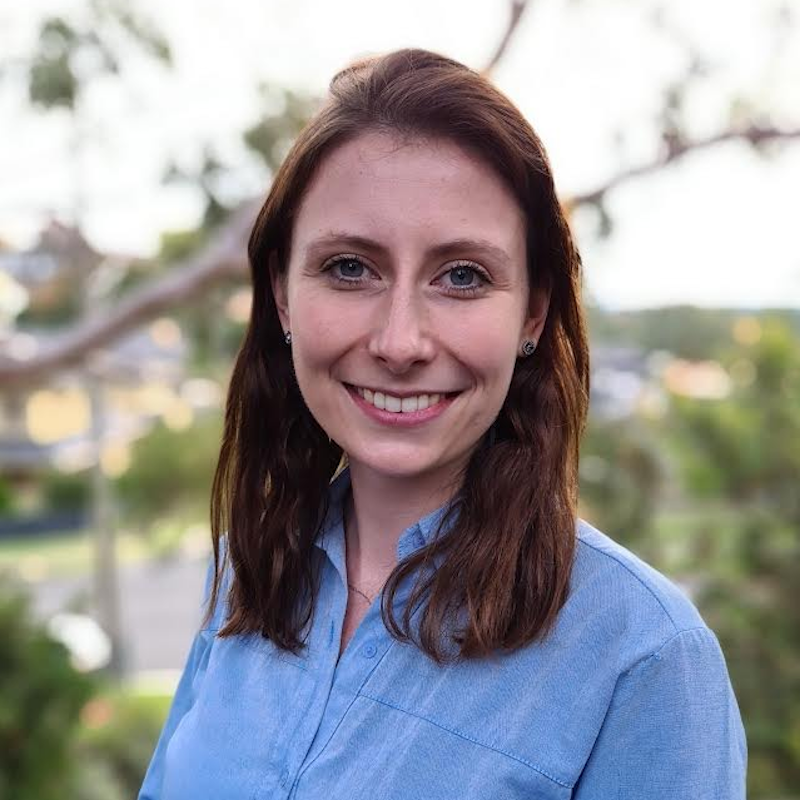 |
Dr Erynn Christensen, Feinstein Institutes for Medical Research. Erynn Christensen, PhD is a Postdoctoral Researcher in the Brain-based Predictive Modelling Lab at the Feinstein Institutes for Medical Research. She investigates the influence of sex hormones on neurocognitive functions. Erynn is particularly interested in relationships between fluctuations in female sex hormones, neurocognition, and mental health, both across the menstrual cycle and during key life transitional periods such as puberty, pregnancy, and menopause. Erynn earned her Bachelor of Psychological Sciences (with Honours) in 2017 and completed her PhD in 2024 at Monash University, Australia. Her PhD focused on the neurocognitive correlates and predictors of addictive behaviors, with a particular emphasis on longitudinal models and cognitive task development. Erynn has also worked extensively in the cannabis use space. She was instrumental in launching and executing Australia’s first study that collected and analysed street cannabis directly from consumers. This research allowed for the longitudinal evaluation of how different cannabinoid ratios in cannabis products affected cognition and mental health in regular cannabis users. | ||
Panel remarks |
|||
|---|---|---|---|
 |
Prof Ziva Cooper, University of California Los Angeles. Ziva Cooper, Ph.D. is the Director of the UCLA Center for Cannabis and Cannabinoids in the Jane and Terry Semel Institute for Neuroscience and Human Behavior and Professor in the UCLA Departments of Psychiatry and Biobehavioral Sciences and Anesthesiology. Her research involves understanding variables that influence both the therapeutic potential and adverse effects of cannabis and cannabinoids, the chemicals in the cannabis plant, including their sex-dependent effects. Dr. Cooper received her PhD from the University of Michigan in Biopsychology in 2007 in the field of preclinical psychopharmacology, experience that informs her focus on translating preclinical studies of cannabinoids to the clinic using placebo-controlled human drug-administration studies. Ziva served on the National Academies of Sciences, Engineering, and Medicine Committee on the Health Effects of Cannabis that published a comprehensive report of the health effects of cannabis and cannabinoids in 2017. She is also serving on the current National Academies of Sciences, Engineering, and Medicine Committee on the public health consequences of changes in the cannabis policy landscape. Her current projects funded by the NIH and California State include understanding the potential for cannabis constituents to reduce reliance on opioids, differences between men and women in their response to the pain-relieving effects of cannabis, effects of cannabis as a function of age, and therapeutic effects of cannabinoids in patient populations. She is the immediate past president of the International Cannabinoid Research Society, a past Board Director for the College on Problems of Drug Dependence, an Associate Editor of Neuropsychopharmacology and is on several Editorial Boards of journals including Cannabis and Cannabinoid Research. | ||
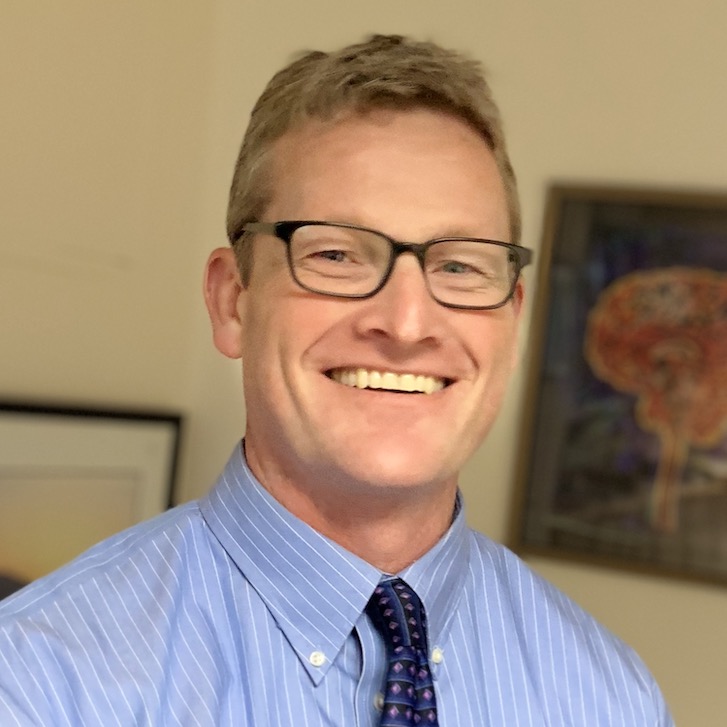 |
Prof Hugh Garavan, University of Vermont. Dr. Hugh Garavan is a Professor in the Department of Psychiatry at the University of Vermont. He received his PhD in Cognitive Psychology and Behavioral Neuroscience from Bowling Green State University in Ohio and completed postdoctoral fellowships at Cornell University and the Medical College of Wisconsin. He was an Associate Professor in the School of Psychology at Trinity College Dublin prior to his move to Vermont in 2011. His research uses structural and functional neuroimaging to study cognitive control and reward processes with a particular interest in how functional changes in these systems may contribute to addiction and related mental health issues. In addition to studying current abusers of numerous drugs, he has researched the importance of cognitive control systems for successful drug abstinence. His primary research focus of the last few years has been adolescent neurodevelopment including risk factors for psychopathology and drug use. He is a co-investigator on the IMAGEN project, a longitudinal neuroimaging-genetic study of over 2,000 teens in Europe. He is a site PI and Associate Director of the Adolescent Brain Cognitive Development study, a longitudinal neuroimaging-genetic study of over 11,000 children in the USA. He is PI on a T32 that trains pre- and postdoctoral fellows in the application of complex systems methodologies to large neuroimaging datasets and is co-founder of the ENIGMA-Addiction working group which is a data pooling endeavor that combines neuroimaging data from thousands of substance users from around the world. He is also site PI and a member of the coordinating core of the Healthy Brain Child Development study, a longitudinal study of over 7,000 pregnant people and their children from birth to age 10. Dr. Garavan is a member of several professional societies, has served as secretary for the Organization for Human Brain Mapping, was a standing member of the NPAS study section, has been a reviewer for the NSF, several European grant-giving agencies, and over 50 journals. He has published over 400 papers in the fields of cognitive neuroscience and addiction. | ||
Organizing committee |
|||
|---|---|---|---|
|
|||
|
|||
|
|||
 |
|
||
|
|||
2nd IPV Brain Injury Virtual Conference
Virtually | 13-14 November, 2024
The ENIGMA IPV Working Group and Pink Concussions are excited to announce their second 2024 ENIGMA IPV and PINK Concussions conference "Intimate Partner Violence and Brain Injury: Breaking Down Barriers and Building Understanding" happening November 13-14, 2024. This conference was FREE and VIRTUAL.
Access conference recordings here. All presentations were recorded and uploaded on ENIGMA's YouTube channel with presenters' permission.
More details here: http://esopenkolab.com/ and on the ENIGMA IPV Working Group page.

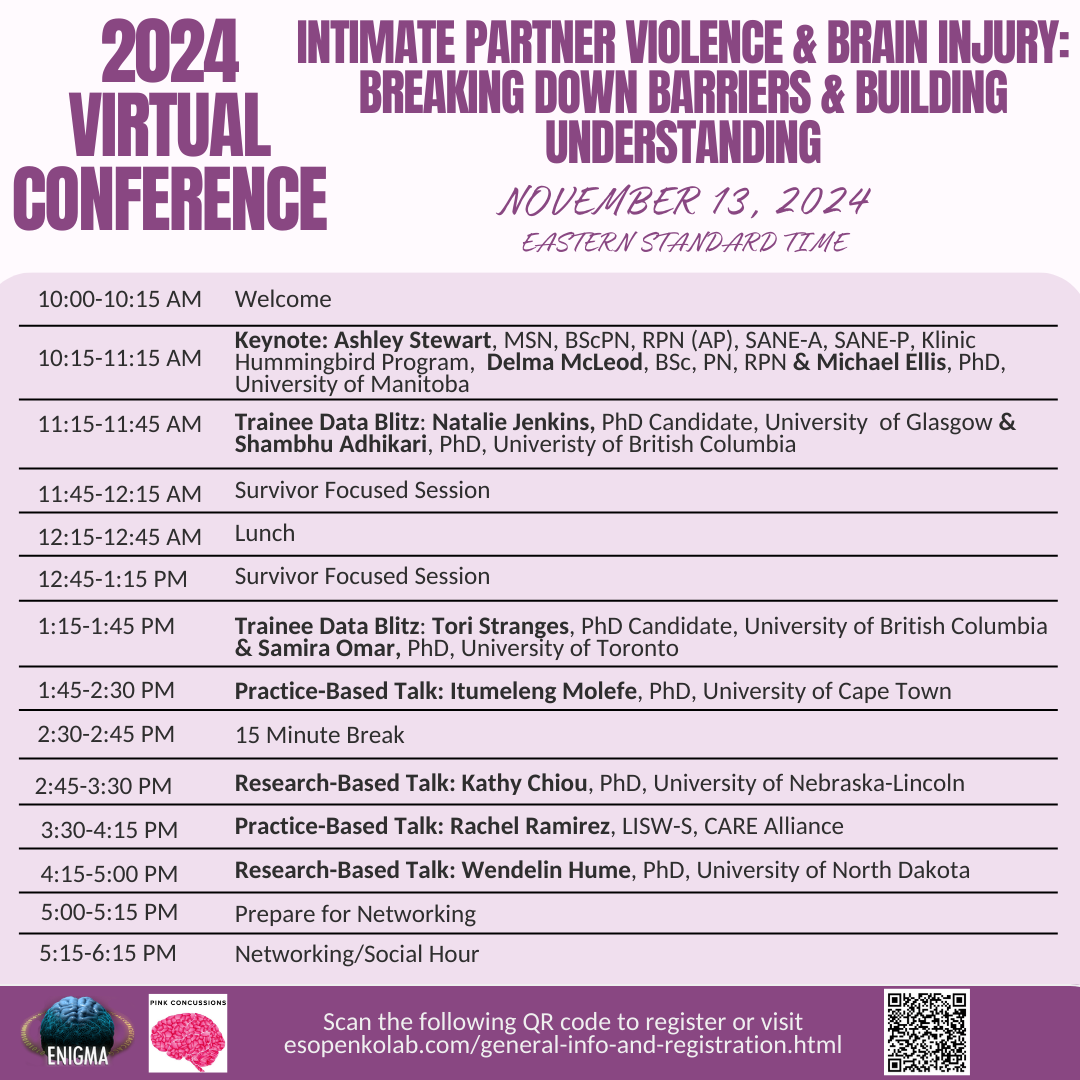

December 2023
December 18, 2023ENIGMA Chairs end of the year telco
ENIGMA Chairs and project leaders met for our annual end of the year teleconference, where the Consortium's work and efforts of the year were summarized. Many thanks to all ENIGMA members for all you continuing collaborations!
See slides here, and recording below:
IPV Brain Injury Virtual Conference
Virtually | 1-2 November 2023
The ENIGMA IPV Working Group and Pink Concussions are excited to announce their first IPV Brain Injury Virtual Conference happening November 1-2, 2023. This conference was FREE and VIRTUAL.
Access conference recordings here. All presentations were recorded and uploaded on ENIGMA's YouTube channel with presenters' permission.
More details here: http://esopenkolab.com/
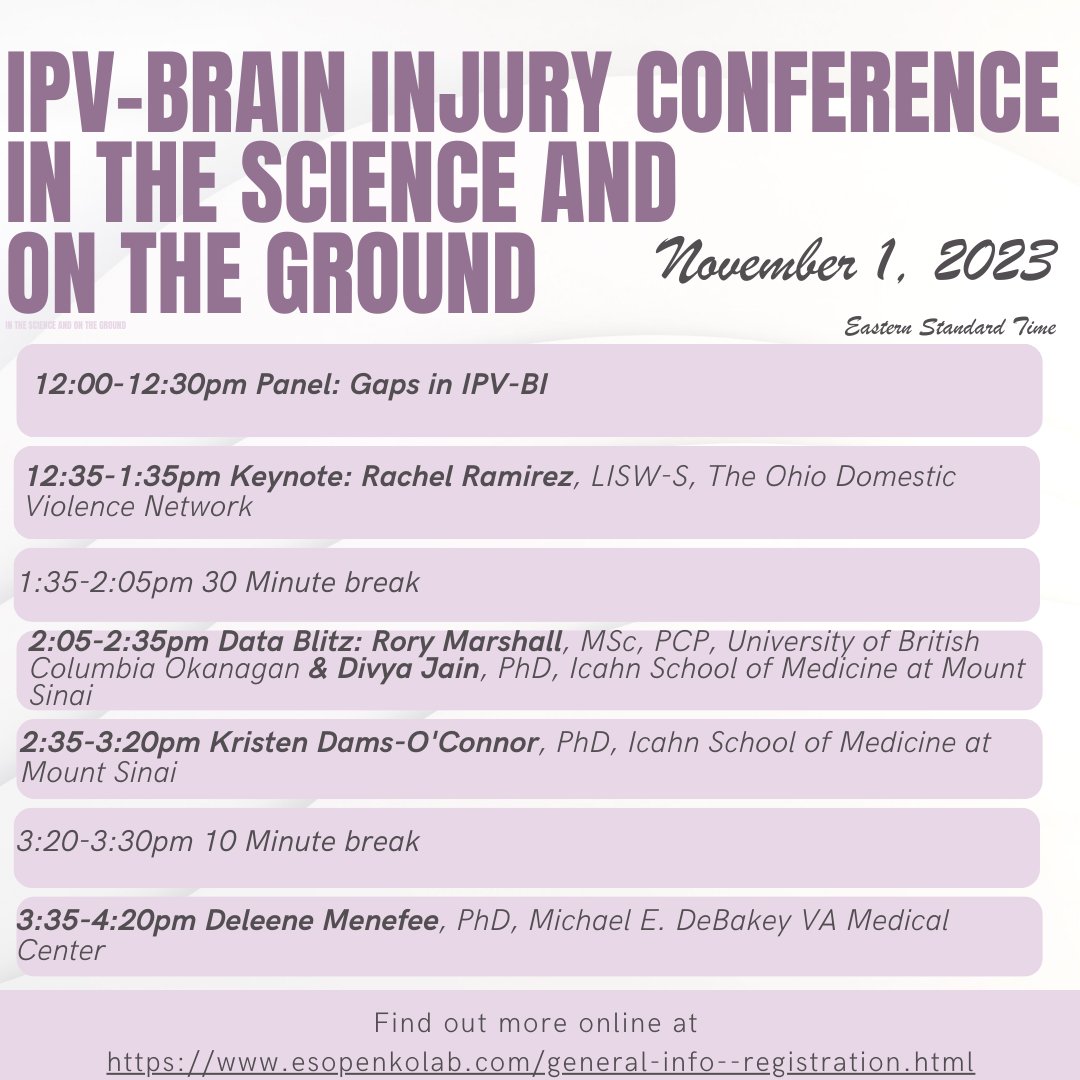
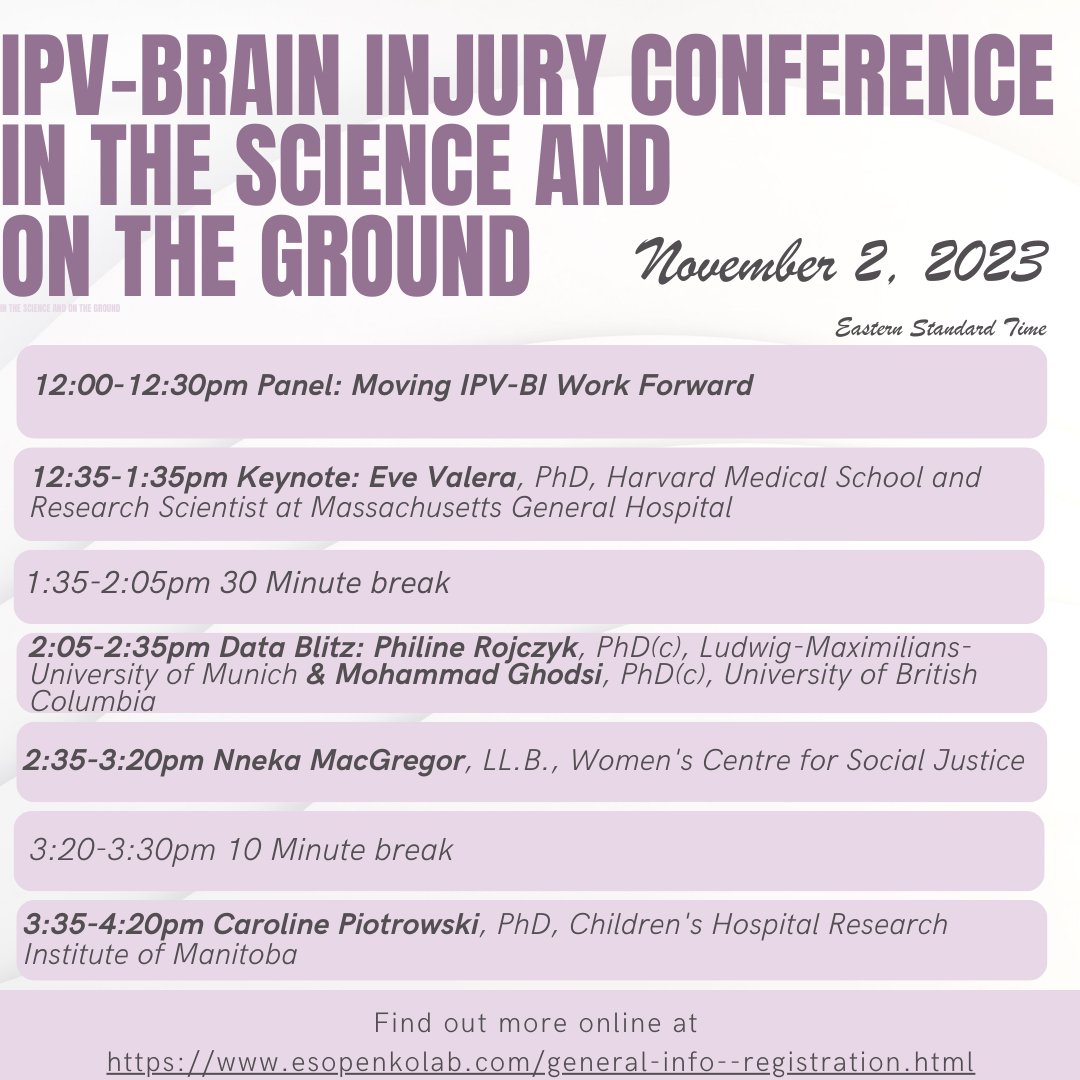
December 2022
December 19, 2022ENIGMA Chairs end of the year telco
ENIGMA Chairs and project leaders met for our annual end of the year teleconference, where the Consortium's work and efforts of the year were summarized. Many thanks to all ENIGMA members for all you continuing collaborations!!
See slides here, and recording below:
![]()
SAVE THE DATE! Cognomics Virtual Workshop 28-29 June 2021
“Capturing the brain for neuroimaging genomics”
Virtually | 28-29 June 2021
Following the success of past Cognomics summer school courses, the Dutch Cognomics Program is happy to announce a summer virtual workshop!
Like our past in-person conferences, the workshop will include keynote lectures, as well as smaller-scale breakout sessions in which junior researchers will get the opportunity to present their work in the presence of their peers and research leaders, providing time for discussion of each of the contributions. Leading experts will discuss innovations in characterizing the human brain for imaging genomics research and beyond, with keynote lectures on environmental effects (Lauren Salminen), genome screens of EEG traits (Dirk Smit) and functional MRI (Henrik Walter), and transcriptomics of oscillatory activity (Genevieve Konopka).
If you would like to present your work during one of the breakout sessions, please send an email to cognomics@radboudumc.nl.
What is Cognomics? The Cognomics Initiative includes several excellent research groups from Nijmegen who have joined forces to unravel the complex connections between genes, brain structure and function, and cognitive processes such as memory, language and those relevant for psychiatric disorders. Their conferences aim to foster knowledge exchange and collaboration in the broader field of brain imaging genetics.
Stay tuned! More details coming soon here:
https://www.ru.nl/donders/vm-site/collaborations/projects/cognomics-0/
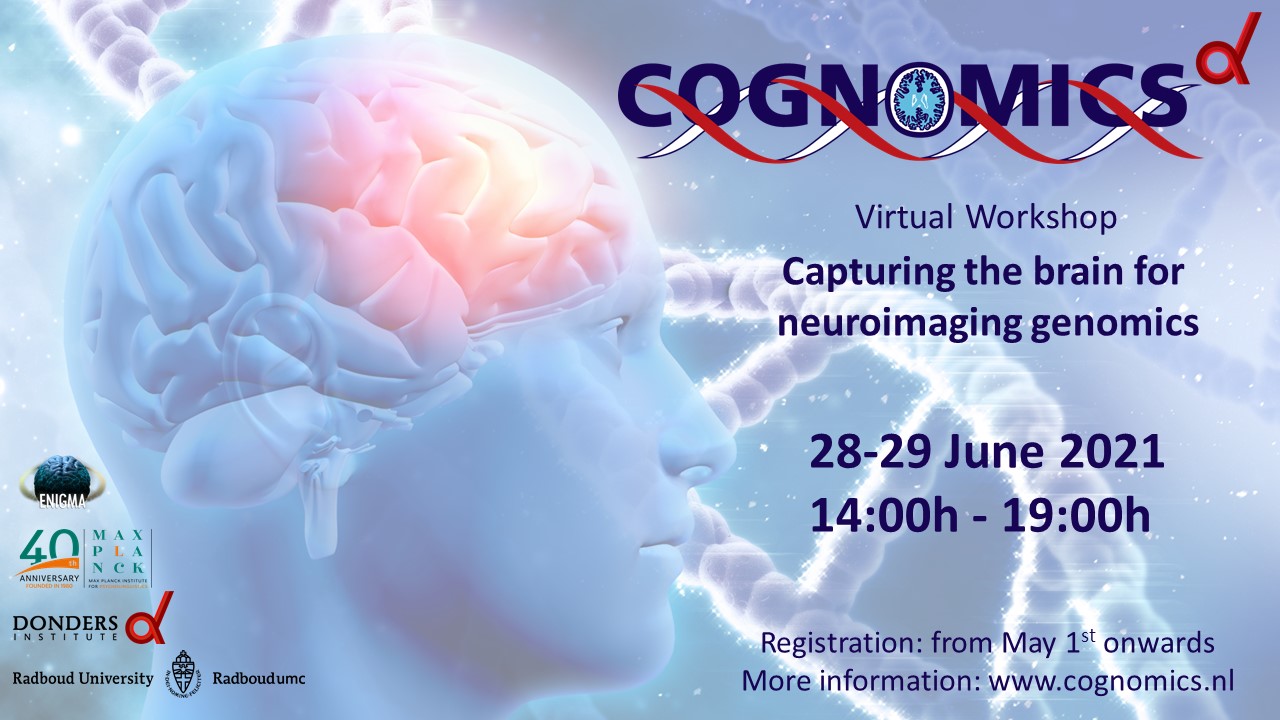
December 2021
December 20 2021ENIGMA Chairs end of the year telco
ENIGMA Chairs and project leaders met for our annual end of the year teleconference, where the Consortium's work and efforts of the year were summarized. Many thanks to all ENIGMA members for all you continuing collaborations!!
See slides here, and recording below:
December 2020
December 17 2020ENIGMA Chairs end of the year telco
ENIGMA Chairs and project leaders met for our annual end of the year teleconference, where the Consortium's work and efforts of the year were summarized. Many thanks to all ENIGMA members for all you continuing collaborations!!
See slides here, and recording below:
July-August 2020
July 1-2 2020ENIGMA Chairs Annual Meeting goes virtual!
August 27 2020ENIGMA-Epilepsy Virtual Workshop
![]()
Cognomics Summer School 2018
Brain Imaging Genetics: Genetics for Imagers
Nijmegen, Netherlands | 13-17 August 2018
The Dutch Cognomics Program is happy to announce the Cognomics summer school “Brain Imaging Genetics: Genetics for Imagers”! The 3-rd edition of the Cognomics summer school will be held in Nijmegen (the Netherlands) on 13-17 August 2018.
The course is directed at researchers with a neuroimaging background, who wish to develop their knowledge and skills on state‐of‐the‐art developments in the field of neuroimaging genetics. This intensive one-week course covers various aspects of genetics analyses of neuroimaging data. The course will start with basic information on the architecture of the human genome and the basis of heritability. We will then move on to the statistical analysis of single common genetic variant for the different imaging modalities (structural imaging based on (sub)cortical volumetry or diffusion tensor imaging and brain activity/functional connectivity based on (resting state) (MRI). This will be followed by analyses of whole gene and genome‐wide association studies and the meta analysis of such data, including high-dimensional whole genome association studies. Other important topics include the integration across levels of investigation and linking genetics to behaviour via the brain – the essence of Cognomics research.
The lecture programme will be supplemented with hands‐on computer exercises and demonstrations. You will also learn how to genotype single nucleotide polymorphisms and score the genotypes in the wetlab.
The faculty includes researchers involved in the largest imaging genetics consortium world‐wide – the ENIGMA Consortium – and the Dutch Cognomics Program.
The evenings will be reserved for social activities. The course will be ended with a closing ceremony, where a Radboud summer school certificate will be handing out to each participant.
Early bird deadline: 1 April 2018 (10% discount), application deadline: 1 June 2018.
For more information and application: Brain Imaging Genetics 2018.
Cold Spring Harbor Summer Course
Genetics & Neurobiology of Language
30 July-5 August 2018 | Applications due April 15
David Poeppel, Max-Planck-Institute, Frankfurt & New York University
Kate Watkins, University of Oxford, UK
Anne Christophe, Ecole Normale Supérieure, Paris, Frace
Ruth De Diego-Balaguer, University of Barcelona, Barcelona , Spain
Karen Emmorey, San Diego State University
Evelina Fedorenko, Massachusetts Institute of Technology
Tecumseh Fitch, University of Vienna, Austria
Reyna Gordon, Vanderbilt University Medical Center
Erich Jarvis, Rockefeller University
Ellen Lau, University of Maryland
Mairead MacSweeney, University College London
Brad Mahon, University of Rochester
Angela Morgan, Murdoch Children's Research Institute, Australia
Dianne Newbury, Oxford Brookes University, UK
Jonathan Peelle, Washington University in Saint Louis
Constance Scharff, Freie Universität Berlin, Germany
Sonja Vernes, MPI for Psycholinguistics, Netherlands
Cognomics Initiative Imaging Genetics Conference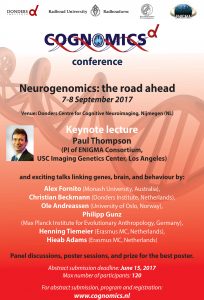
September 7-8 2017
Donders Institute, Nijmegen, The Netherlands
Keynote speaker: Paul Thompson, founder and leader of the worldwide ENIGMA Consortium
Scientific Program & Registration
ENIGMA Cerebellum Challenge at MICCAI
MICCAI 2017 in Quebec City, Canada
September 10-14, 2017, Cerebellum Workshop & Challenge
MICCAI competition to automatically label the cerebellum!
SFB Stress Symposium
WASAD Congress 2017, Würzburg, Germany
September 14-17, 2017, Scientific Program
See Symposia from ENIGMA-MDD, ENIGMA-Epigenetics, ENIGMA-PTSD, and ENIGMA-Anxiety members!
Genetics Workshop
WCPG 2017, Orlando, Florida
October 13, 2017, 1-3p
Course taught by ENIGMA-GWAS Chair Sarah Medland.
ENIGMA at OHBM: Imaging Genetics Workshop
June 25th, 2017 in Vancouver, Canada
Full Course Description from OHBM
Please join ENIGMA leader Jason Stein for the half day course "Introduction to Imaging Genetics," conference registration required.
April-May 2016
ENIGMA Chairs Annual Retreat
San Diego, CA May 16-17 2017
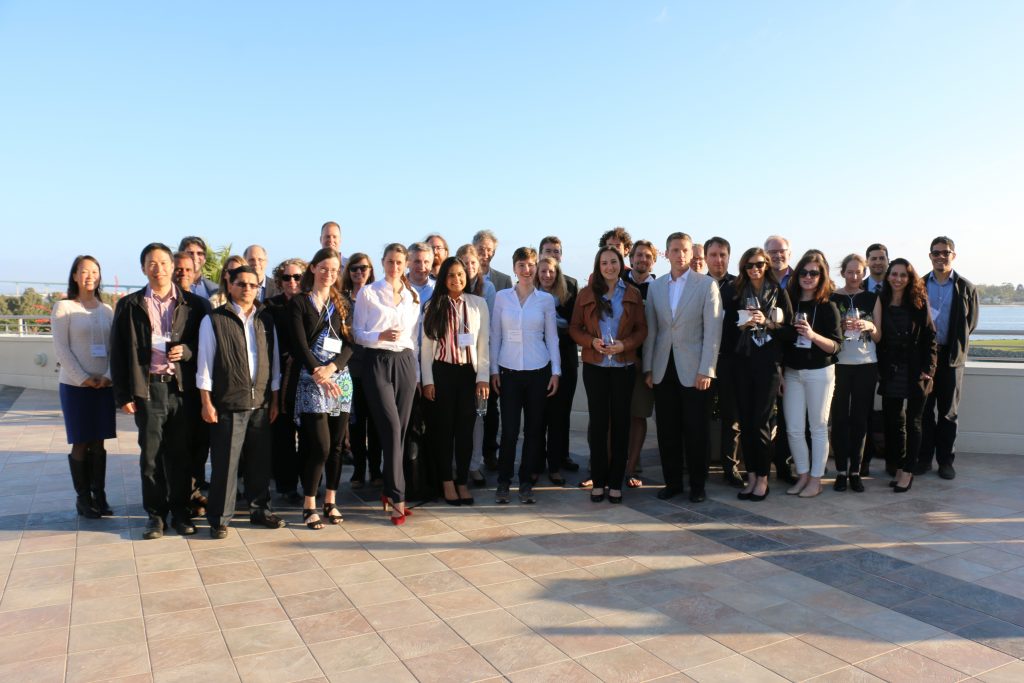
Brain Changes in Early Onset Psychosis
ENIGMA-EOP workshop at EPA
April 1-4, 2017, Florence, Italy
See also http://www.epa-congress.org/Documents/Workshops.pdf
Large-Scale Neuroimaging Studies of Psychiatric Disease: Findings From the ENIGMA Consortium Psychiatric Working Groups
Symposium at Society of Biological Psychiatry
May 20, 2017, San Diego, CA, USA
Updates from the ENIGMA-Bipolar, ENIGMA-22q, ENIGMA-Scz and ENIGMA-MDD's machine learning & DTI projects.
December 2016
ENIGMA-Russia
Neuroscience in Pediatrics, Scientific Center of Children's Health, December 12, 2016
Big Data & the Brain, Skolkovo Institute of Science and Technology, December 13, 2016
ENIGMA at SIPAIM
Congratulations to the 9 talks awarded to SIPAIM this year.
October 2016
10/27/2016ENIGMA at MICCAI
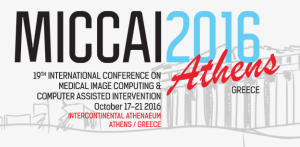
In addition to the awardees described below, members from the ENIGMA Consortium's USC site presented the following papers and satellite symposium at MICCAI in Athens, Greece this month. A Continuous Model of Cortical Connectivity An Empirical Study of Continuous Connectivity Degree Sequence Equivalents Using multiple Diffusion MRI measures to predict Alzheimer’s Disease with a TV-L1 prior A volumetric conformal mapping approach to spectral clustering of white matter fibers Multi-modal Registration Improves Group Discrimination in Pediatric Traumatic Brain Injury
Awards at MICCAI
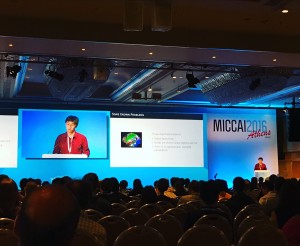
Major congratulations to ENIGMA local (USC) Dan Moyer for his young scientist award-winning talk at MICCAI. See details here.
10/03/2016Nature Neuroscience publishes ENIGMA-CHARGE Consortia's collaboration on genome-wide association study of intracranial brain volume
In the largest study of its kind, the ENIGMA consortium paired up with the CHARGE consortium for a GWAS of intracranial brain. Full article is available through Nature Neuroscience and here.
09/09/2016Subcortical Brain Volume in OCD: American Journal of Psychiatry
See full article here.
June 2016
06/07/2016The ENIGMA Interviews: Neuroscientists Discuss Worldwide Successes, Challenges
ENIGMA has interviewed 13 world-renowned brain scientists, on their recent successes in discovering what helps or protects our brains, by pooling 53,000 brain scans and DNA from 35 countries worldwide.
As leaders of some of ENIGMA's 30 working groups, the scientists explain how they are organizing the world's largest neuroimaging studies of depression, addiction, schizophrenia, bipolar illness, obsessive compulsive disorder, among the 18 brain diseases that ENIGMA studies. They discuss the challenges and successes in integrating data collected from medical centers worldwide, and some of the benefits of working in very large global teams to study factors that help or harm the human brain. ENIGMA's ongoing studies have brought together the talents and expertise of leaders from 35 countries. Read part 1, from Atlanta, using the link below: https://goo.gl/fu2NYT (100MB, .pdf) Part 2, from Geneva, to come later this month!
Don't forget to follow ENIGMA on Facebook! Click the link below:
06/01/2016[Follow ENIGMA on Facebook]
This June in Geneva, ENIGMA scientists will meet collaborators from all over the world and give over 30 presentations at the Organization for Human Brain Mapping. Abstracts of these studies are now searchable online (text search: “ENIGMA”).
May 2016
05/21/2016Hong Kong, Atlanta events showcase ENIGMA’s worldwide brain initiatives
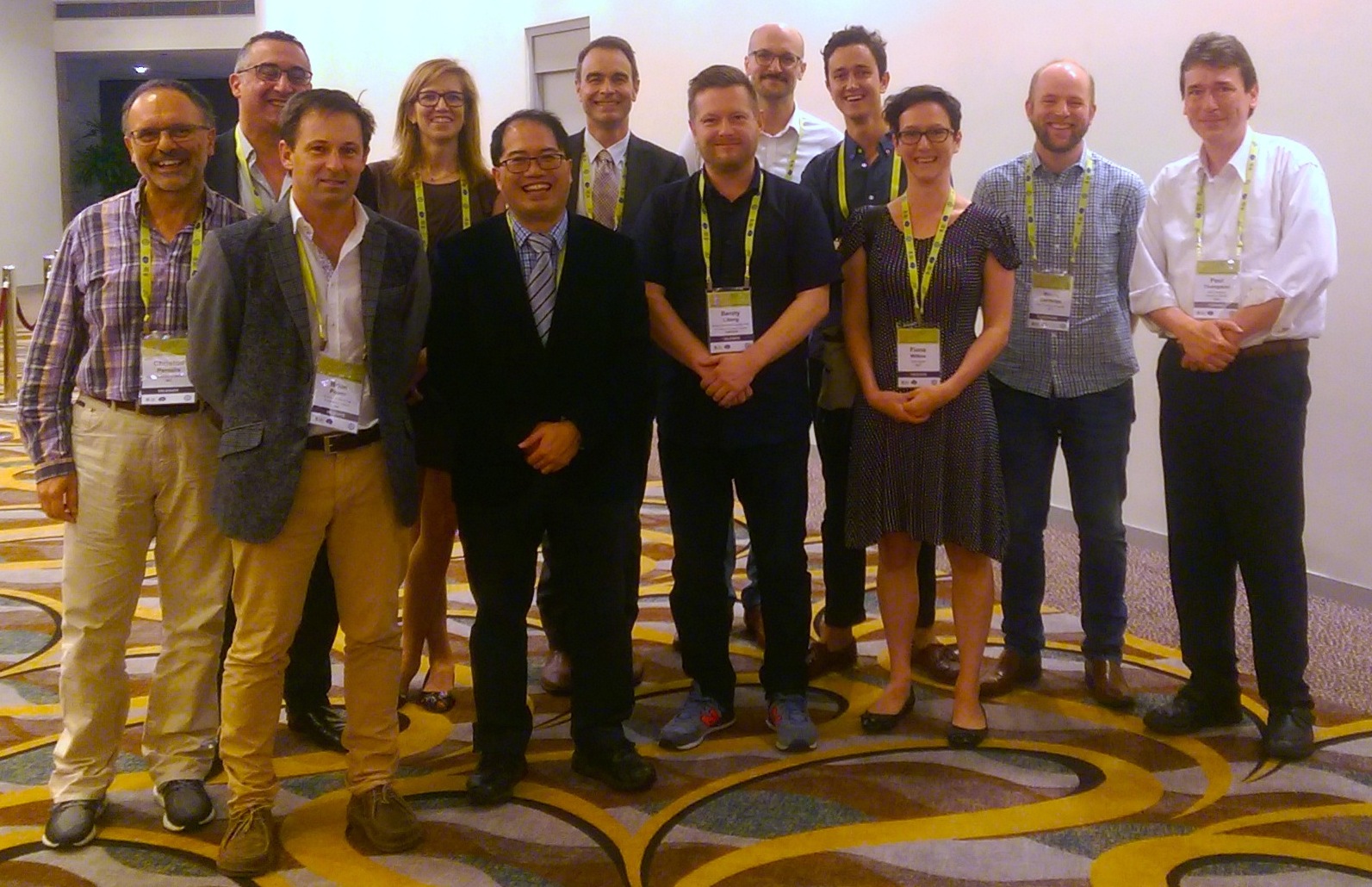
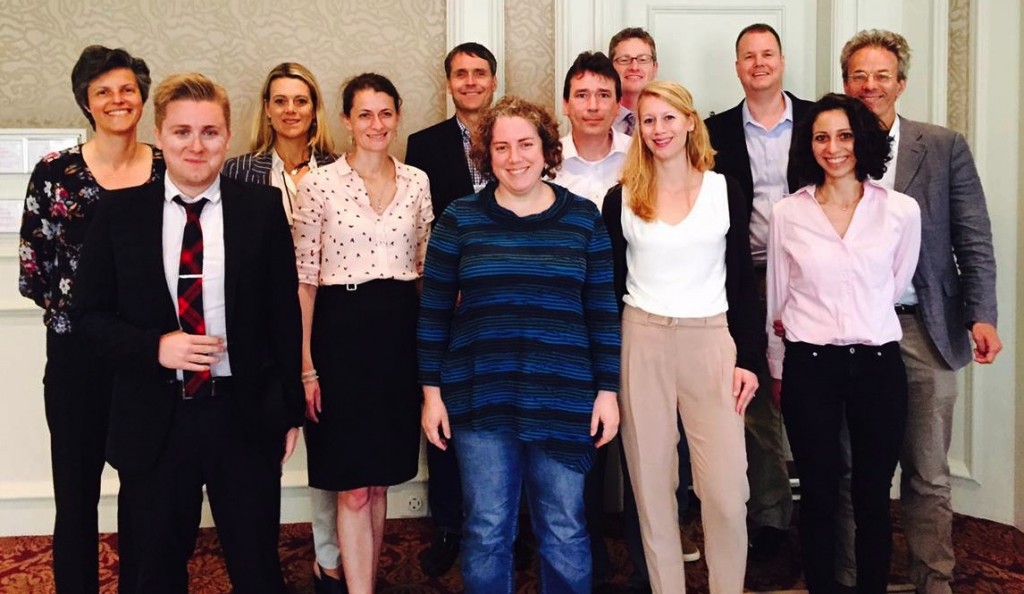 In a single week, ENIGMA researchers gathered in both Atlanta and Hong Kong to present the world’s largest brain imaging studies of major depression, obsessive compulsive disorder, and schizophrenia - and landmark findings from over 18 diseases that ENIGMA now studies. In Atlanta, Dr. Lianne Schmaal, who co-leads ENIGMA’s Major Depression initiative, presented data from over 10,000 individuals, detecting consistent patterns of brain abnormalities in people who are depressed worldwide. The landmark study, published in this month’s issue of Molecular Psychiatry freely available here,brought together experts from 57 institutions - from Australia, North America, Western Europe and Russia. The researchers combed through brain scans, detecting consistent patterns of abnormalities in the frontal and limbic brain regions. These brain regions have long been implicated in depressive symptoms and are the target of several antidepressant treatments. Dr. Odile van den Heuvel, a psychiatrist from the Netherlands who co-leads ENIGMA’s initiatives on obsessive compulsive disorder, also presented data from 26 OCD sites worldwide (including 1830 OCD patients and 1759 controls), revealing distinct patterns of brain abnormalities in children and adults with OCD. ABSTRACT HERE . ENIGMA researchers led a series of 4 symposia, at the Society for Biological Psychiatry in Atlanta, highlighting their large-scale brain studies. Many of them - such as ENIGMA’s Lifespan project presented by Dr. Sophia Frangou ABSTRACT HERE -are the largest brain studies ever performed - in terms of the numbers of scans, and the diversity of participation by scientists worldwide. In Hong Kong, ENIGMA PI Paul Thompson highlighted ENIGMA’s close partnerships with international networks such as AUSSIE, led by neurologist Dr. Jeff Looi, which brings together experts worldwide to study neurodegenerative diseases. At this event, at the Royal Australian and New Zealand Congress on Psychiatry, Dr. Looi noted the unprecedented power of global consortia to detect how treatments resist brain decline or symptoms of brain disease. ENIGMA scientists and collaborators at last week’s events in Hong Kong (left; May 9-10) and Atlanta (right, May 12-14). Pictured: From left to right, in Hong Kong: Christos Pantelis, Dennis Velakoulis, Brian Power, Rosa Molina, Jeff Looi, Mark Walterfang, Benny Liberg, Alexander Santillo, Conor Owens-Walton, Fiona Wilkes, Bjorn Cartledge, Paul Thompson; From left to right, in Atlanta: Barbara Franke, Chris Whelan, Patricia Conrod, Odile van den Heuvel, Ole Andreassen, Sarah Medland, Paul Thompson, Hugh Garavan, Lianne Schmaal, Theo van Erp, Neda Jahanshad, Dick Veltman.
In a single week, ENIGMA researchers gathered in both Atlanta and Hong Kong to present the world’s largest brain imaging studies of major depression, obsessive compulsive disorder, and schizophrenia - and landmark findings from over 18 diseases that ENIGMA now studies. In Atlanta, Dr. Lianne Schmaal, who co-leads ENIGMA’s Major Depression initiative, presented data from over 10,000 individuals, detecting consistent patterns of brain abnormalities in people who are depressed worldwide. The landmark study, published in this month’s issue of Molecular Psychiatry freely available here,brought together experts from 57 institutions - from Australia, North America, Western Europe and Russia. The researchers combed through brain scans, detecting consistent patterns of abnormalities in the frontal and limbic brain regions. These brain regions have long been implicated in depressive symptoms and are the target of several antidepressant treatments. Dr. Odile van den Heuvel, a psychiatrist from the Netherlands who co-leads ENIGMA’s initiatives on obsessive compulsive disorder, also presented data from 26 OCD sites worldwide (including 1830 OCD patients and 1759 controls), revealing distinct patterns of brain abnormalities in children and adults with OCD. ABSTRACT HERE . ENIGMA researchers led a series of 4 symposia, at the Society for Biological Psychiatry in Atlanta, highlighting their large-scale brain studies. Many of them - such as ENIGMA’s Lifespan project presented by Dr. Sophia Frangou ABSTRACT HERE -are the largest brain studies ever performed - in terms of the numbers of scans, and the diversity of participation by scientists worldwide. In Hong Kong, ENIGMA PI Paul Thompson highlighted ENIGMA’s close partnerships with international networks such as AUSSIE, led by neurologist Dr. Jeff Looi, which brings together experts worldwide to study neurodegenerative diseases. At this event, at the Royal Australian and New Zealand Congress on Psychiatry, Dr. Looi noted the unprecedented power of global consortia to detect how treatments resist brain decline or symptoms of brain disease. ENIGMA scientists and collaborators at last week’s events in Hong Kong (left; May 9-10) and Atlanta (right, May 12-14). Pictured: From left to right, in Hong Kong: Christos Pantelis, Dennis Velakoulis, Brian Power, Rosa Molina, Jeff Looi, Mark Walterfang, Benny Liberg, Alexander Santillo, Conor Owens-Walton, Fiona Wilkes, Bjorn Cartledge, Paul Thompson; From left to right, in Atlanta: Barbara Franke, Chris Whelan, Patricia Conrod, Odile van den Heuvel, Ole Andreassen, Sarah Medland, Paul Thompson, Hugh Garavan, Lianne Schmaal, Theo van Erp, Neda Jahanshad, Dick Veltman.
05/02/2016
The Future of ENIGMA, Genomics and the Human Brain - An Interview
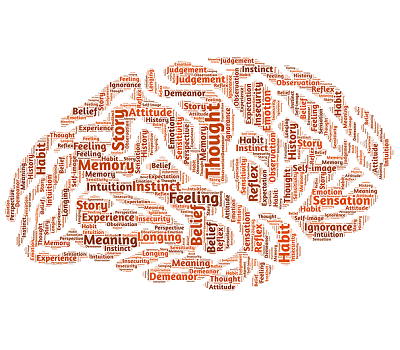 The Russian edition of "Scientific American" magazine features an article on ENIGMA, highlighting worldwide alliances that investigate 15 major diseases of the brain, in the largest neuroimaging studies in history.
The Russian edition of "Scientific American" magazine features an article on ENIGMA, highlighting worldwide alliances that investigate 15 major diseases of the brain, in the largest neuroimaging studies in history.
ENIGMA director Paul Thompson is interviewed, discussing the consortium's history, goals and recent discoveries. ENIGMA will host a workshop for Russian members in December, in partnership with the Moscow Child Health Center.
The article is available here -
[in ENGLISH]
https://docs.google.com/document/d/1XhJ6tyx-WNJJNzAsjQuYaJDtQAadYl6aKDpsE1GcaZ0/edit#
[and in RUSSIAN]
http://scientificrussia.ru/articles/ne-genom-edinym-zhivet-mozg
April 2016
04/27/2016ENIGMA in Prague
ENIGMA scientists showcased their work in 8 technical papers at this month's ISBI 2016 conference, collated here: http://bit.ly/1qVBtxz
One paper earned the prestigious ISBI 2016 Best Student Paper Award for first author, Qi Wang: the authors showed how to merge information from numerous sources on brain connectivity to better detect disease, applying novel concepts such as L1 fusion to brain networks and connectivity maps.
Other papers boosted the power to detect brain disease by using new metrics from diffusion tensor images (Nir et al., see booklet), and tensor based morphometry; ENIGMA's sparse learning algorithms were also showcased for encoding and decoding patterns in large databases of brain images, genomes, and clinical data (Zhu et al., and Lorenzi et al.).
ENIGMA is now performing a very large scale worldwide analysis of factors that affect the cortical patterns of the human brain (see Pizzagalli et al., in the booklet).
04/01/2016Dana Foundation highlights ENIGMA's Global Psychiatry Initiatives
A news article from the Dana Foundation (http://www.dana.org/News/Team_Science/)
highlights' ENIGMA's growing role in bringing together the scientific community to discover information in data, at a scale beyond the ability of any single lab to gather and analyze. Award-winning science journalist, Carl Sherman, highlights ENIGMA's initiatives - including a recent partnership with the Psychiatric Genomics Consortium, analyzing brain imaging and genetic data on more than 50,000 people, enlisting more than 500 investigators world-wide to seek connections between mental illness and brain morphology and function. In the latest paper, in Nature Neuroscience, researchers matched genes associated with schizophrenia risk from GWAS of more than 76,000 patients and controls in the PGC dataset against genes associated with brain volume in 11,840 subjects gathered by ENIGMA. the work was a successful proof-of-concept study, says Thompson, “a roadmap of partnership between PGC and ENIGMA. It showed that you can pool genomic and imaging data in a way to test whether psychiatric risk genes alter brain structure or function.” Such a partnership represents “a two-way conversation, between gene-hunters in imaging and in psychiatry, comparing their hands of cards.” - See more at: http://www.dana.org/News/Team_Science/
March 2016
ENIGMA Center members present 6 peer-reviewed papers at the SPIE Medical Imaging Conference, San Diego, CA, USA
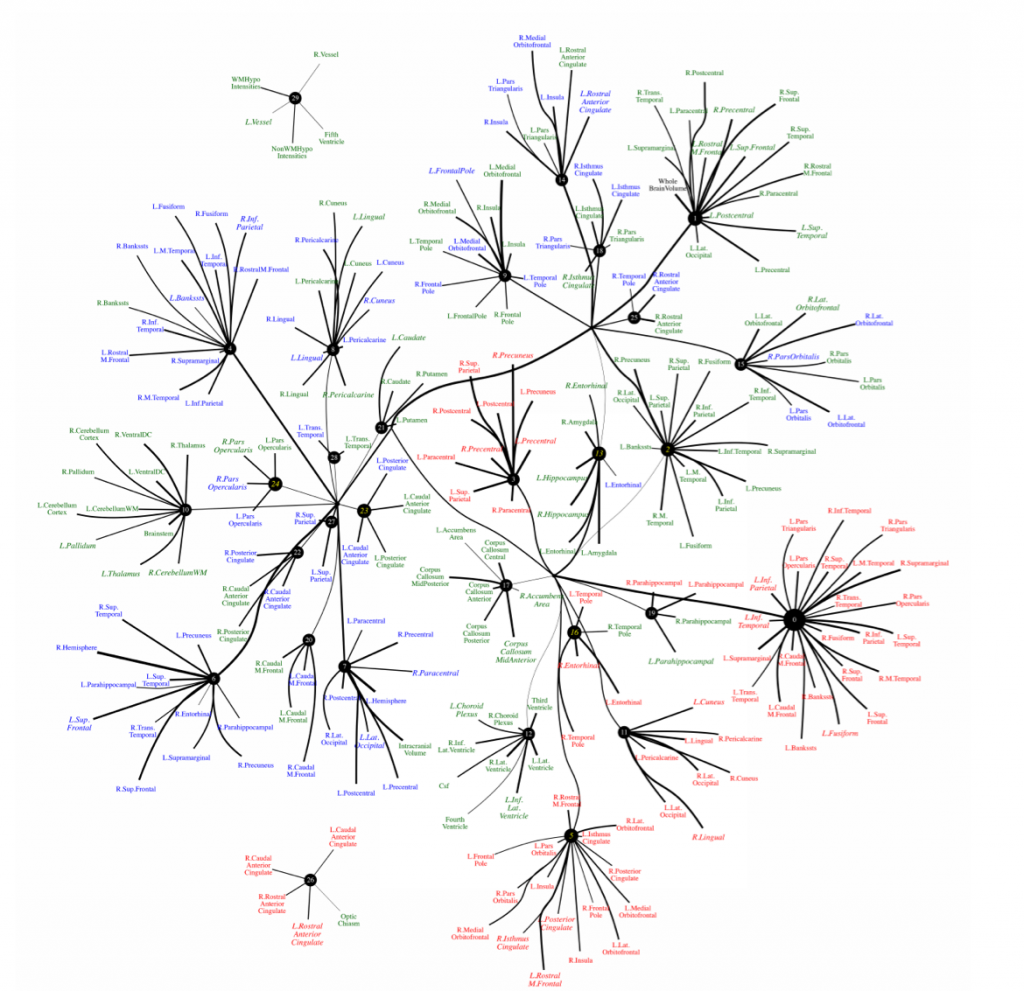 Each new paper presents a novel algorithm for handling "Big Data" of various kinds - from distributed analyses of brain scans from across the world, to new methods in information theory to detect patterns - and see trends - in blood markers of disease. One new article describes how to use "sparse learning" or compressive sensing to create data dictionaries for massive datasets of functional brain maps; another shows how to create and handle the rich new 6-dimensional brain scans called "Q-Space Images" - a new tool to understand brain disease and probe effects of genes and interventions, using phenomenally complex data acquisition protocols. Click here to download the full set of SPIE papers.
Each new paper presents a novel algorithm for handling "Big Data" of various kinds - from distributed analyses of brain scans from across the world, to new methods in information theory to detect patterns - and see trends - in blood markers of disease. One new article describes how to use "sparse learning" or compressive sensing to create data dictionaries for massive datasets of functional brain maps; another shows how to create and handle the rich new 6-dimensional brain scans called "Q-Space Images" - a new tool to understand brain disease and probe effects of genes and interventions, using phenomenally complex data acquisition protocols. Click here to download the full set of SPIE papers.
Image, left: Graph of latent factors for brain MRI biomarkers of cognitive decline constructed by CorEx.
From Madsen et al., SPIE Medical Imaging, 2016.
February 2016
ENIGMA and PGC Publish a Joint Roadmap for Future Collaborations
ENIGMA has partnered with the Psychiatric Genomics Consortium (PGC; http://pgc.unc.edu/) to investigate possible genetic ‘overlap’ between brain measures (e.g. subcortical volume, white matter microstructure) and risk for psychiatric disorders (e.g. schizophrenia, bipolar disorder). The first major collaboration between the consortia, published in this month’s Nature Neuroscience, provides a comprehensive roadmap for future studies of genetic covariance, applying a series of novel techniques (including Rank Rank Hypergeometric Overlap (RRHO), genetic predisposition scoring, conjunction analysis and linkage disequilibrium score regression (LDSR)) to test for possible statistical overlap between a large-scale genome-wide association (GWA) meta-analysis of schizophrenia (PGC, Nature, 2014) and seven independent GWA meta-analyses of subcortical brain volumes, including the nucleus accumbens, amygdala, caudate nucleus, hippocampus, pallidum, putamen and thalamus, in addition to an eighth independent GWA meta-analysis of intracranial volume (ICV; Hibar et al., Nature, 2015). The study did not reveal any significant genetic correlations between subcortical/intracranial volume measures and risk for schizophrenia. However, as the ENIGMA consortium expands its genome-wide association studies of novel brain phenotypes (including cortical thickness/surface area and white matter microstructure) and the PGC explores a broad body of psychiatric illnesses with ever-increasing sample sizes, this inaugural study should serve as an important proof-of-concept for future collaborations between the two. The full paper can be downloaded at the following link: http://www.nature.com/neuro/journal/vaop/ncurrent/full/nn.4228.html
December 2015
Russian Participation in ENIGMA hailed at Moscow Science Week
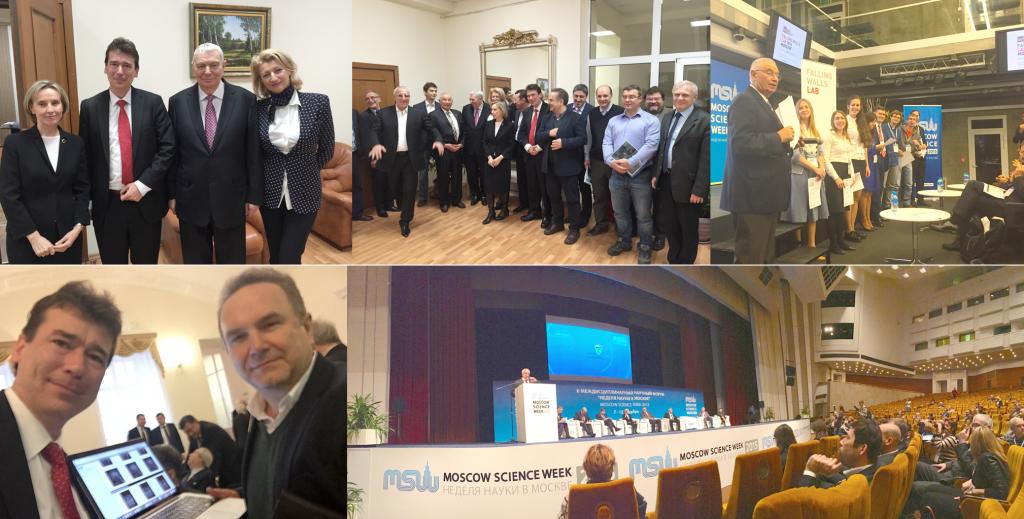 Pictured: (from top left): Russian Deputy Minister for Science and Education, Lyudmila Ogorodova, Paul Thompson, Dr Alexander Baranov, Dr Leyla Baranova Namazova; Russian members of ENIGMA; Dr Vladimir Zelman awarding prizes to Skoltech students; Lyubomir Aftanas, ENIGMA member from Novosibirsk, Siberia; Dr Alexander Kuleshov addresses “Moscow Science Week” at the Russian National Academy of Sciences. For more photos, please see: https://plus.google.com/photos/106195383001884599779/albums/6227000582976975601
Pictured: (from top left): Russian Deputy Minister for Science and Education, Lyudmila Ogorodova, Paul Thompson, Dr Alexander Baranov, Dr Leyla Baranova Namazova; Russian members of ENIGMA; Dr Vladimir Zelman awarding prizes to Skoltech students; Lyubomir Aftanas, ENIGMA member from Novosibirsk, Siberia; Dr Alexander Kuleshov addresses “Moscow Science Week” at the Russian National Academy of Sciences. For more photos, please see: https://plus.google.com/photos/106195383001884599779/albums/6227000582976975601
MOSCOW, 12/11/15 In a series of interviews on Russian national television, Dr. Vladimir Zelman, ENIGMA Coordinator in Russia, noted the vibrant partnerships in ENIGMA across Russia that are now producing groundbreaking discoveries about the human brain. The Russian Deputy Minister for Science and Education, Dr. Lyudmila Ogorodova, attended ENIGMA’s meetings and noted her strong support for ENIGMA and its established and extensive partnerships with other Russian science initiatives, such as Co-Brain, and NeuroNEXT. ENIGMA’s 500 scientists now study 12 brain diseases in over from 35 countries, and have published the largest-ever genomic analyses of the brain. As part of a week of ENIGMA-related events in Russia, Dr. Zelman, and ENIGMA director Paul Thompson, noted the remarkable breadth of participation in ENIGMA by mathematicians, geneticists, and clinical neuroscientists across Russia. “We see a great surge of interest in ENIGMA, which is widely known across Russia”, Zelman told Rossiya 24, a national news channel of the Russian Federation. Zelman is a Russian-born scientist, trained at the Meshalkin Institute in Novosibirsk. A member of the Russian National Academy of Sciences, Zelman has helped to build up a network of scientists contributing to ENIGMA across Russia. Russian scientists are now deeply involved in ENIGMA’s projects on Parkinson’s disease, major depression, post traumatic stress, and developmental disorders in children, including ADHD. ENIGMA co-founder, Paul Thompson, co-hosted a planning meeting for Russian ENIGMA members chaired by developmental neuroscientist Dr. Leyla Namazova, at the Child Health Institute in Moscow, on December 8th. The meeting, attended by ENIGMA laboratory directors from across Russia, Siberia, and Ukraine, gave all scientists a forum to update each other on their scientific work as part of ENIGMA. Interviewed by Scientific American’s Russian magazine, Thompson pointed to developments being accelerated by ENIGMA’s Russian scientists in the fields of genomics, machine learning, and analysis of brain connectivity, such as finding patterns in medical data to detect and classify autism spectrum disorder and Alzheimer’s disease. Dr. Namazova, who co-directs Moscow’s largest children’s hospital, chaired an evening session about ENIGMA with institute directors, radiologists and computer scientists from the Moscow Institute of Neurology, Siberian National Academy of Sciences, and Skoltech University (see photo). Paul Thompson supported the Moscow Child Health Center’s plans to host a training workshop for ENIGMA next December in Moscow – training young scientists is a key mission of ENIGMA, which now supports a productive international exchange program. Zelman hosted an awards ceremony for young scientists at Skoltech – Moscow’s $100M technical university focusing on engineering and business start-ups in informatics – after Thompson’s keynote talk highlighting ENIGMA’s work in Russia. Sergey Illarioshkin, MD, a leader in the genetics of Parkinson’s disease, presented his team’s work at the Moscow Institute of Neurology, mapping brain abnormalities as part of ENIGMA’s Parkinson’s disease working group. This group now analyzes brain MRI scans of Parkinson’s disease patients from Russia, Italy, and The Netherlands, to identify preventable risk factors for the disease. Lyubomir Aftanas MD PhD, a psychiatrist who runs a brain mapping center in Novosibirsk, presented a his work on ENIGMA-Depression, which compares Siberian datasets to others worldwide, in what is now the largest brain imaging study of depression ever conducted (see photo). “ENIGMA gives us a power we have not had”, said Aftanas. “We contribute data and expertise to ENIGMA’s efforts in neurology and psychiatry; after brainstorming in Moscow this week, we are keen to join ENIGMA’s epigenetics and lifespan projects, among others, to study modifications of the genome throughout life and how they impact the brain. In Siberia, we are collecting unique data to help answer these questions”. At the meeting, neurosurgical delegates from Ukraine outlined their plans to participate in ENIGMA next year, offering to contribute genetic and brain scan data from patients with a range of brain disorders. In two days of highly animated sessions of the Russian National Academy of Sciences, a series of workshops and symposia hailed ENIGMA’s work bringing scientists together, as part of “Moscow Science Week”. ENIGMA director Paul Thompson thanked senior members of the Russian Academy, including its President, noted physicist Vladimir Fortov, for supporting ENIGMA and promoting its ongoing projects to their colleagues; Karkhevich Institute director, Dr. Alexander Kuleshov, noted that he is sending 3 mathematicians to the ENIGMA Center in Los Angeles to boost the ongoing machine learning efforts to discover genomic markers of brain disease. Kuleshov leads “big data” analysis efforts with Airbus and aerospace industry partners. He pointed to the power of worldwide collaboration in informatics in solving pressing problems in science. Using large-scale analyses, ENIGMA has been publishing “big data” papers with hundreds of scientists in high-impact journals such as Nature and Nature Genetics. Russian scientists have long been a key source of expertise for ENIGMA, since noted Moscow geneticist Kazima Bulayeva published a series of reports in 2012 from her cohorts in the highlands of Dagestan. Her work reveals how genes implicated by ENIGMA affect brain structure and people’s risk for mental retardation and psychosis. Understanding the transmission of these genetic sources of risk underlies partnerships between her team’s work in populaton genetics and ENIGMA’s work on the genetics of the human brain. Interviewed by Russia’s Scientific American, Paul Thompson was asked if ENIGMA’s mathematicians had found what the Russian poet Pushkin described as “harmony in the brain”, pointing to ENIGMA’s findings mapping the brain’s interacting circuits and systems. Vladimir Zelman pointed to both successes and challenges leading ENIGMA’s efforts in Russia, and how Russian politicians and institute directors across Moscow and Siberia have helped to overcome them. The full interview will be published in Russia’s Scientific American, next month.
ENIGMA and the Individual - An Up-to-Date Review of ENIGMA
12/09/2015 ENIGMA has published a broad overview of its activities in the December 2015 issue of the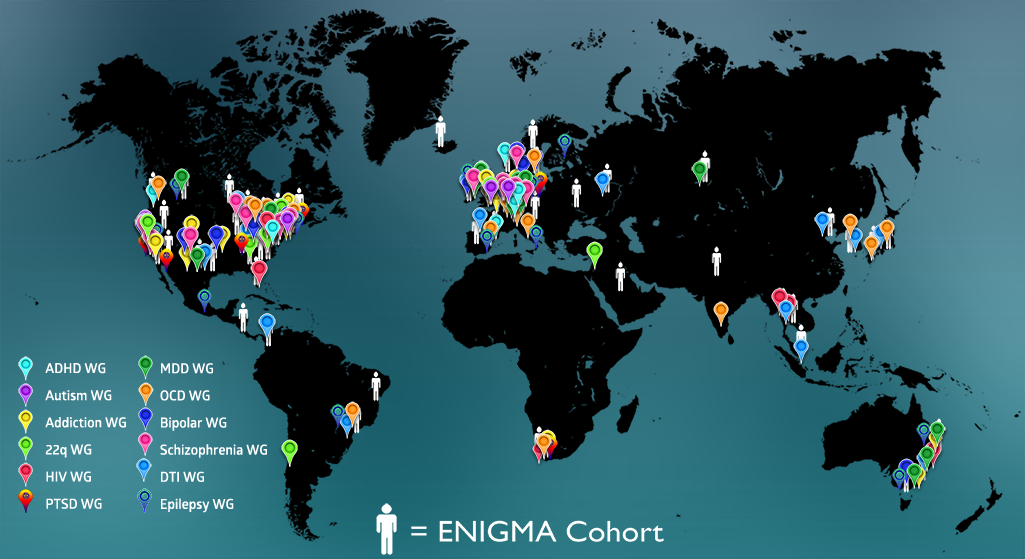 journal, NeuroImage. In the review, available here, we discuss recent work by the ENIGMA Consortium (https://enigma.ini.usc.edu) - a global alliance of over 500 scientists spread across 200 institutions in 35 countries collectively analyzing brain imaging, clinical, and genetic data. Initially formed to detect genetic influences on brain measures, ENIGMA has grown to over 30 working groups studying 12 major brain diseases by pooling and comparing brain data. In some of the largest neuroimaging studies to date – of schizophrenia and major depression – ENIGMA has found replicable disease effects on the brain that are consistent worldwide, as well as factors that modulate disease effects. In partnership with other consortia including ADNI, CHARGE, IMAGEN and others, ENIGMA’s genomic screens – now numbering over 30,000 MRI scans – have revealed at least 8 genetic loci that affect brain volumes. Downstream of gene findings, ENIGMA has revealed how these individual variants – and genetic variants in general – may affect both the brain and risk for a range of diseases. The ENIGMA consortium is discovering factors that consistently affect brain structure and function that will serve as future predictors linking individual brain scans and genomic data. It is generating vast pools of normative data on brain measures – from tens of thousands of people – that may help detect deviations from normal development or aging in specific groups of subjects. We discuss challenges and opportunities in applying these predictors to individual subjects and new cohorts, as well as lessons we have learned in ENIGMA’s efforts so far.
journal, NeuroImage. In the review, available here, we discuss recent work by the ENIGMA Consortium (https://enigma.ini.usc.edu) - a global alliance of over 500 scientists spread across 200 institutions in 35 countries collectively analyzing brain imaging, clinical, and genetic data. Initially formed to detect genetic influences on brain measures, ENIGMA has grown to over 30 working groups studying 12 major brain diseases by pooling and comparing brain data. In some of the largest neuroimaging studies to date – of schizophrenia and major depression – ENIGMA has found replicable disease effects on the brain that are consistent worldwide, as well as factors that modulate disease effects. In partnership with other consortia including ADNI, CHARGE, IMAGEN and others, ENIGMA’s genomic screens – now numbering over 30,000 MRI scans – have revealed at least 8 genetic loci that affect brain volumes. Downstream of gene findings, ENIGMA has revealed how these individual variants – and genetic variants in general – may affect both the brain and risk for a range of diseases. The ENIGMA consortium is discovering factors that consistently affect brain structure and function that will serve as future predictors linking individual brain scans and genomic data. It is generating vast pools of normative data on brain measures – from tens of thousands of people – that may help detect deviations from normal development or aging in specific groups of subjects. We discuss challenges and opportunities in applying these predictors to individual subjects and new cohorts, as well as lessons we have learned in ENIGMA’s efforts so far.
November 2015
ENIGMA at SIPAIM, Ecuador
11/27/2015 ENIGMA members and collaborators Dr Emily Dennis, Prof Paul 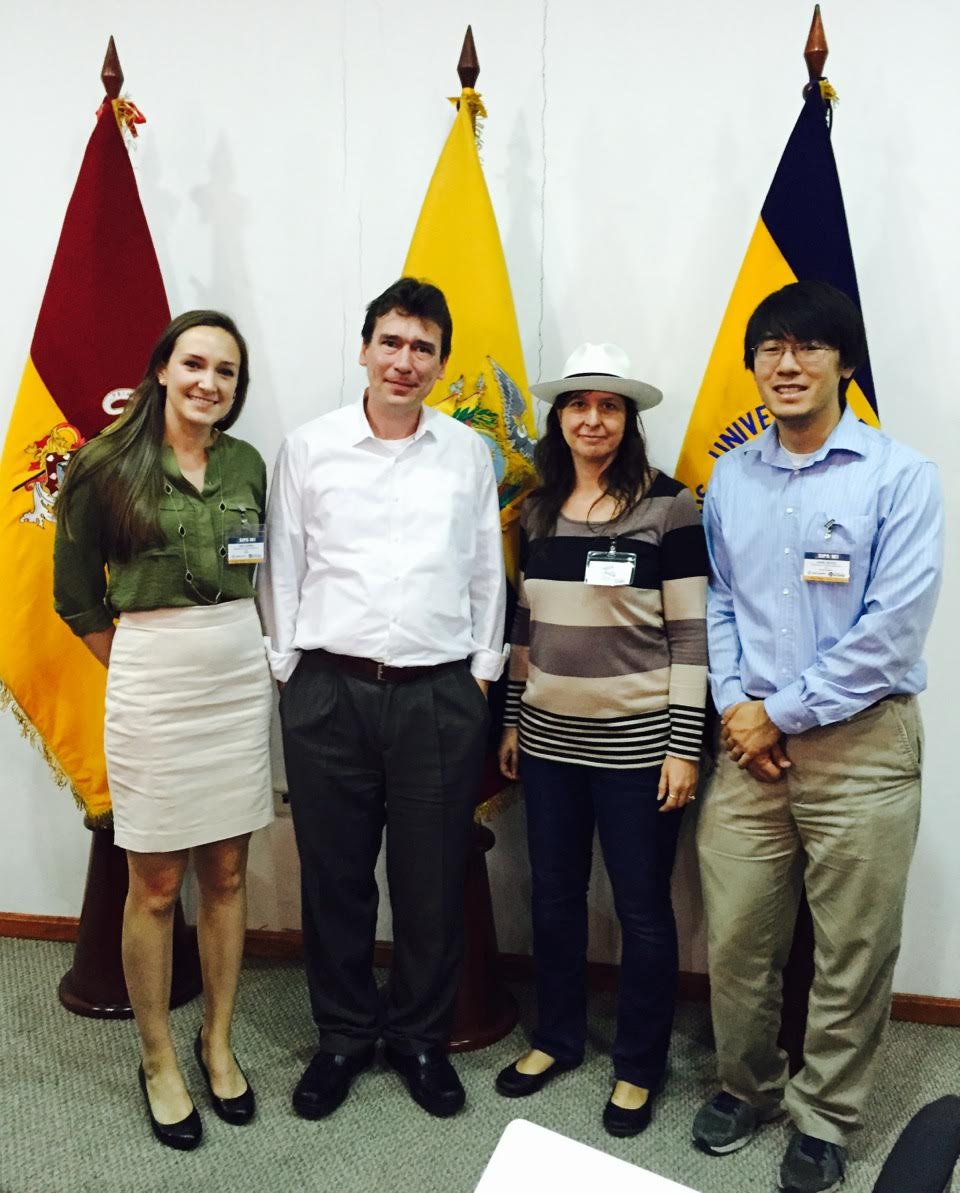 Thompson, Dan Moyer, and Prof Natasha Lepore gave a series of tutorial lectures in Cuenca, Ecuador, describing new algorithms for large-scale analysis of brain networks computed by ENIGMA members across the world. In conjunction with the SIPAIM meeting in November 2015, the ENIGMA team presented a series of keynote and tutorial lectures on ENIGMA, how to join, and how to deal with the complexity of brain network data in clinical studies, using powerful new mathematical analyses. Topics ranged from generative models of the connectome, to q-space imaging (which yields 6-dimensional data on brain connections), to analyzing data on brain trauma from sites across the world. Many new and longstanding ENIGMA contributors took part in the event, from across South America and internationally.
Thompson, Dan Moyer, and Prof Natasha Lepore gave a series of tutorial lectures in Cuenca, Ecuador, describing new algorithms for large-scale analysis of brain networks computed by ENIGMA members across the world. In conjunction with the SIPAIM meeting in November 2015, the ENIGMA team presented a series of keynote and tutorial lectures on ENIGMA, how to join, and how to deal with the complexity of brain network data in clinical studies, using powerful new mathematical analyses. Topics ranged from generative models of the connectome, to q-space imaging (which yields 6-dimensional data on brain connections), to analyzing data on brain trauma from sites across the world. Many new and longstanding ENIGMA contributors took part in the event, from across South America and internationally. 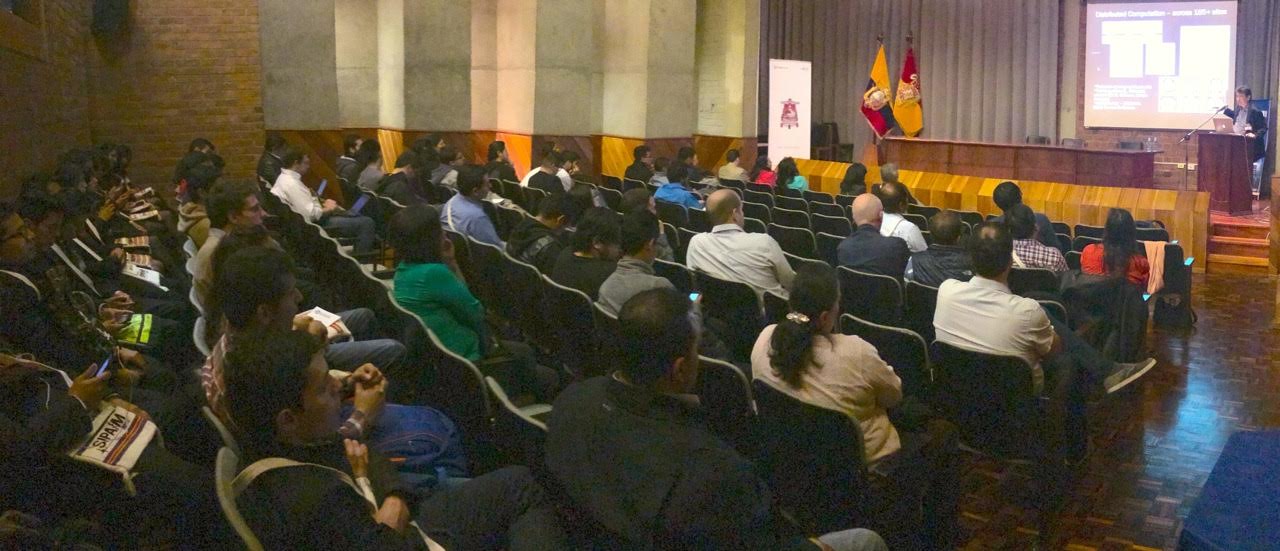
October 2015

ENIGMA Center's Big Data Algorithms MICCAI Conference in Germany
10/28/2015
ENIGMA's new tools for analyzing large-scale imaging and genomics data were showcased at a range of workshops, from October 5-9, at this year's MICCAI conference in Munich.
Among the innovative approaches presented were a new method for brain-wide genome-wide screening of massive imaging databases (Jahanshad et al., MICCAIenetic overlap and boost power in imaging genetics (Hibar et al., MICCAI, 2015), and a new concept, called "genetic connectivity", to detect and model overlap in the results of large-scale genome-wide association studies (Rinker et al., MICCAI, 2015).
Download the full set of papers from the ENIGMA Center here: http://bit.ly/1WiCMol
ENIGMA Co-Founder Dr Sarah Medland receives Theodore Reich Award
10/20/2015
ENIGMA Co-Founder Dr Sarah Medland is the recipient of the 2015 Theodore Reich Award, for innovative work in psychiatric genetics. Announced at the World Congress on Psychiatric Genetics this weekend, in Toronto, this prestigious award honors one scientist per year for exceptional work with a global impact in the field.

Dr Medland is best known for her work as chair of the Genetics Core of the ENIGMA neuroimaging genetics consortium, which analyzes patterns of brain disease worldwide. Over 500 scientists are involved in the work, studying genetic variants and other factors influencing the brain in healthy and diseased populations from 35 countries worldwide. Dr. Medland was the senior author on the largest genomic study of the brain to date, published in Nature earlier this year.
Dr. Medland is a statistical geneticist working on mental health and neurological traits. She is the head of the Quantitative Genetics team at the QIMR Berghofer Medical Research Institute in Brisbane, Australia. The award is named for Dr Theodore (Ted) Reich (1938 – 2003) - first President of the International Society for Psychiatric Genetics, who was an outstanding researcher and mentor to young scientists. The award is made for exceptional published work in psychiatric genetics by candidates who are 40 years or younger in the year of their nomination.
July 2015
ENIGMA Partners to merge techniques from Big Data powerhouses
07/22/2015
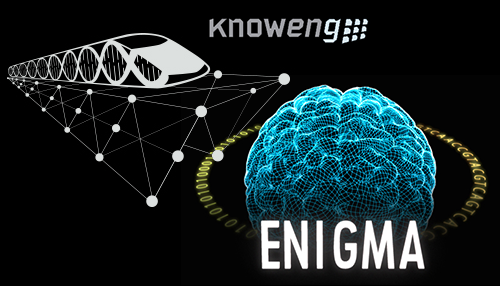 The ENIGMA Center of Excellence, based at the University of Southern California, will work with the KnowEnG (Knowledge Engine for Genomics) Center, based at the University of Illinois, as part of an ambitious new collaboration funded by the Big Data to Knowledge (BD2K) initiative.
The ENIGMA Center of Excellence, based at the University of Southern California, will work with the KnowEnG (Knowledge Engine for Genomics) Center, based at the University of Illinois, as part of an ambitious new collaboration funded by the Big Data to Knowledge (BD2K) initiative.
Drawing upon recent advances in genome sequencing, genome-wide association studies (GWAS) have have led to a wealth of discoveries by mining the human genome for common variants in our genetic sequence that relate to our risk for a range of diseases. A major challenge for GWAS, however, is that the number of SNPs - locations in DNA where people differ in their genetic make-up - is much larger than the number of subjects who can be assessed in a study.
As part of this collaboration, the ENIGMA and KnowEnG centers will mine existing databases of biological pathways and genetic perturbation screening datasets to discover important new genetic interactions and construct networks of gene interactions, called "epistasis networks". These novel epistasis networks will provide prior information needed to expand sparse learning models and enhance the power of future genome-wide genetic analyses.
This collaborative project will leverage the strengths of the KnowEng center (knowledge of gene-gene interactions) with those of the ENIGMA Center (ongoing development of sparse learning models) to improve our ability to identify causal single nucleotide polymorphisms (SNPs). The project will be coordinated by Jieping Ye and Paul Thompson (ENIGMA) and David Zhao, Jiawei Han & Jun S. Song (KnowEnG).
ENIGMA in Molecular Psychiatry
07/02/2015
Work from the ENIGMA-Major Depressive Disorder and ENIGMA-Schizophrenia working groups has been published in Molecular Psychiatry. The first study, 'Subcortical brain volume abnormalities in 2028 individuals with schizophrenia and 2540 healthy controls via the ENIGMA consortium', identified (i) significant volume reductions in the hippocampus, amygdala, thalamus, accumbens and intracranial area and (ii) significant volume augmentations in the pallidum and lateral ventricles. The latter volume augmentations were positively associated with duration of illness. The second study, 'Subcortical brain alterations in major depressive disorder: findings from the Disorder working group' , found consistent patterns of hippocampal volume reduction in depressed patients compared to healthy controls. This study, the largest of its kind in MDD, has received press coverage from The Guardian, The Conversation and many other media outlets.
June 2015
ENIGMA at OHBM 2015
06/11/2015Sixteen ENIGMA working groups will present their findings at the 2015 Organisation for Human Brain Mapping meeting. Download our abstracts booklet by clicking on the image below! 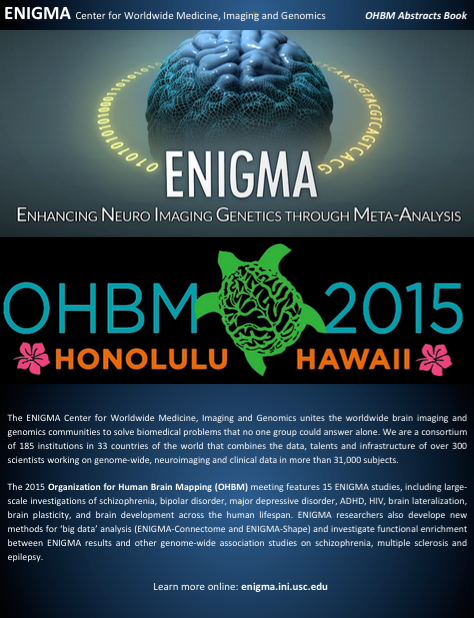
April 2015
ENIGMA in Nature
04.09.2015Our latest GWAS is now out in Nature!  30,000 individual MRIs and genomes from 33 countries — a collaborative effort from 190 institutions Hibar, DP and 300+ co-authors. Common genetic variants influence human subcortical brain structures. Nature, 2015
30,000 individual MRIs and genomes from 33 countries — a collaborative effort from 190 institutions Hibar, DP and 300+ co-authors. Common genetic variants influence human subcortical brain structures. Nature, 2015
March 2015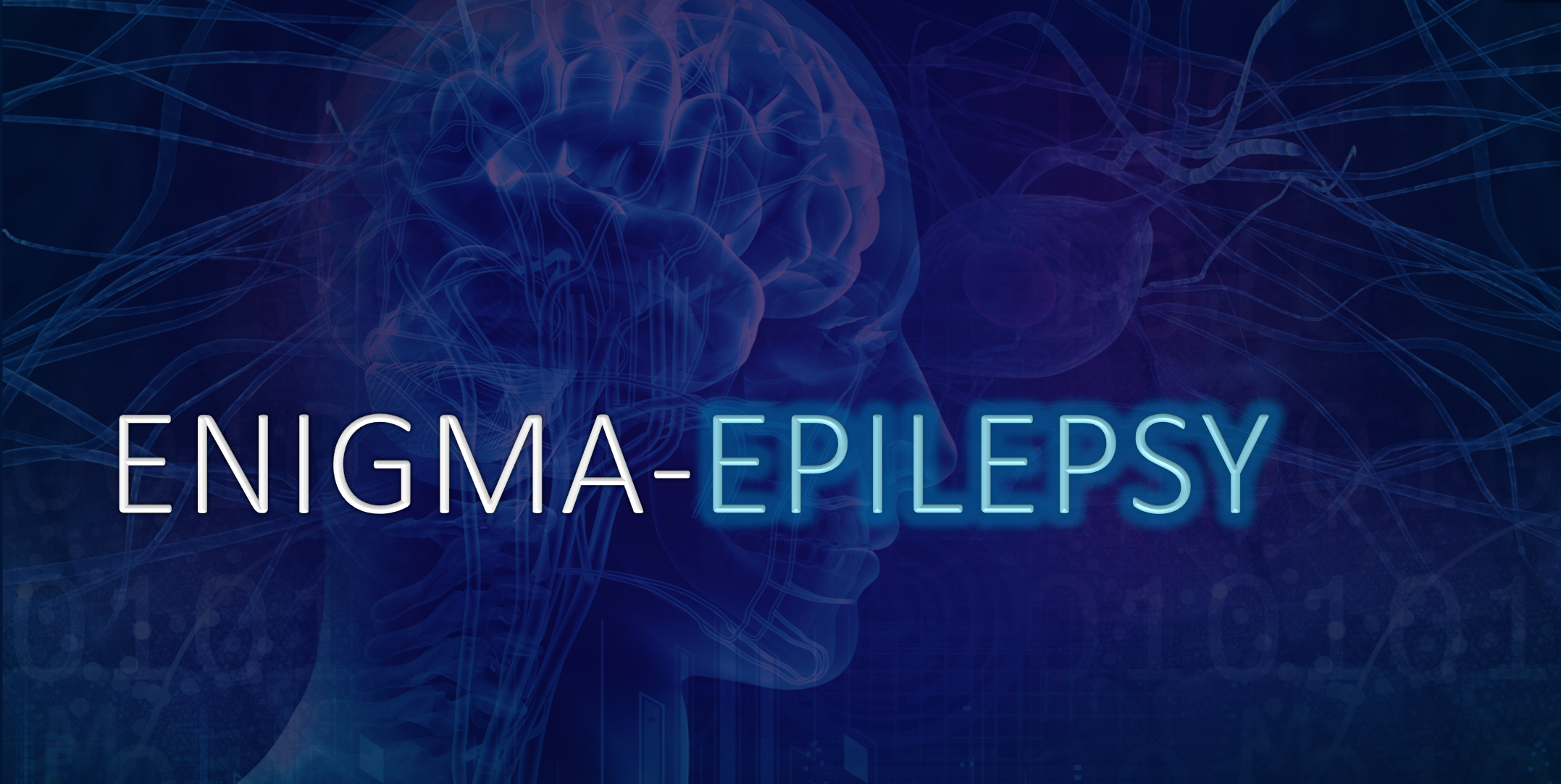
ENIGMA-Epilepsy
03.09.2015ENIGMA has a new disease working group! ENIGMA-Epilepsy was officially established at The Royal Society, London on Monday, March 9th. Over 20 groups from North and South America, Europe and Australia have already signed up for the initiative. The project is lead by Dr. Christopher D. Whelan (IGC, USC) and Professor Sanjay Sisodiya (UCL). More information can be found on the ENIGMA-Epilepsy webpage.
February 2015
ENIGMA GCTA
02.01.2015Exciting news- ENIGMA is performing Genome-Wide Complex Trait Analysis (GCTA). The effort is lead by Roberto Toro and JB Poline with methodological support from Tom Nichols, with many ENIGMA working groups already involved. Click the GCTA link for more information!
January 2015
Job Openings
01.01.2015We're hiring! Check out our job openings here

Imaging Genetics Center, Marina Del Rey, California
2014: The ENIGMA Consortium in Review
A retrospective of ENIGMA's work, spanning the years 2012 to 2014, is now available from Brain Imaging and Behavior. Check it out at the link below!
Thompson, PM and 300+ co-authors. The ENIGMA Consortium: large-scale collaborative analyses of neuroimaging and genetic data. Brain Imaging and Behavior. SI: Genetic neuroimaging in aging and age-related diseases. DOI 10.1007/s11682-013-9269-5
A list of all ENIGMA publications can also be found at the below link:

